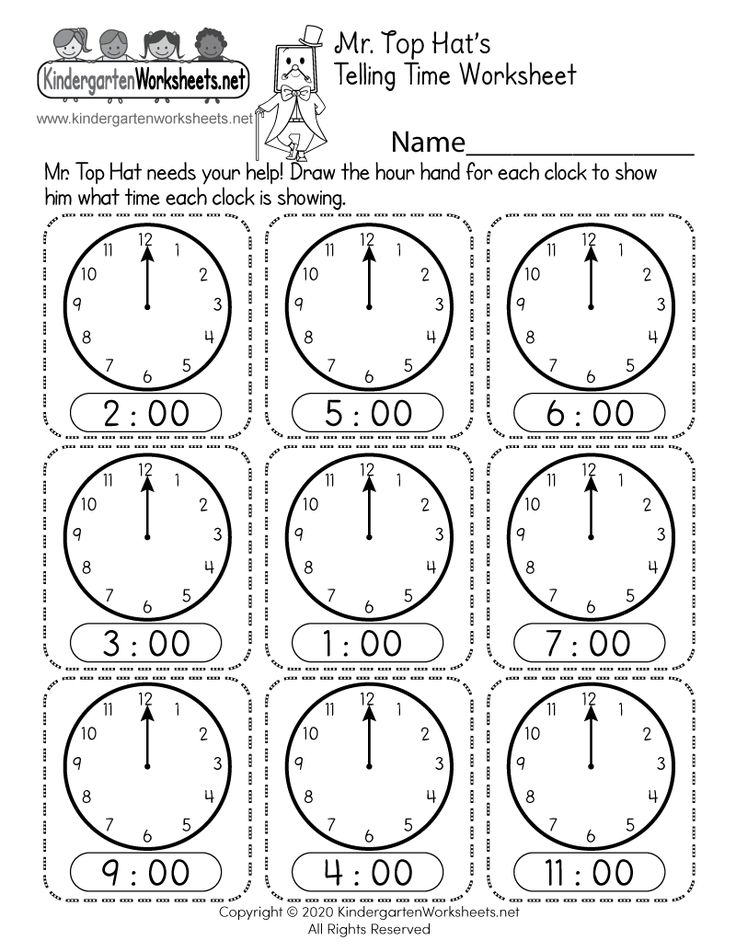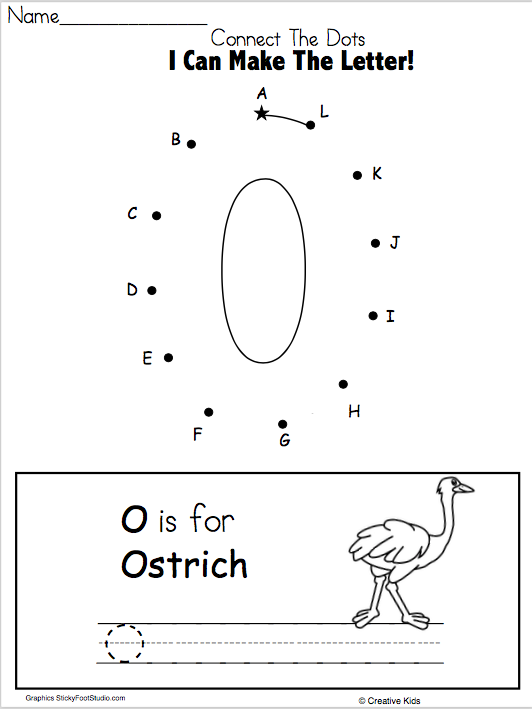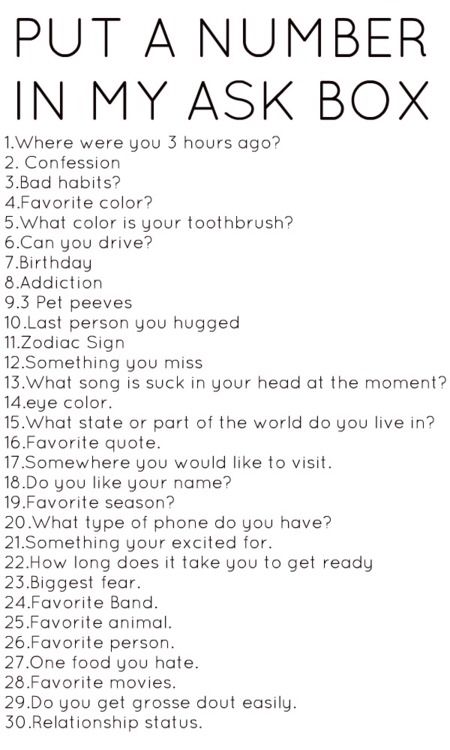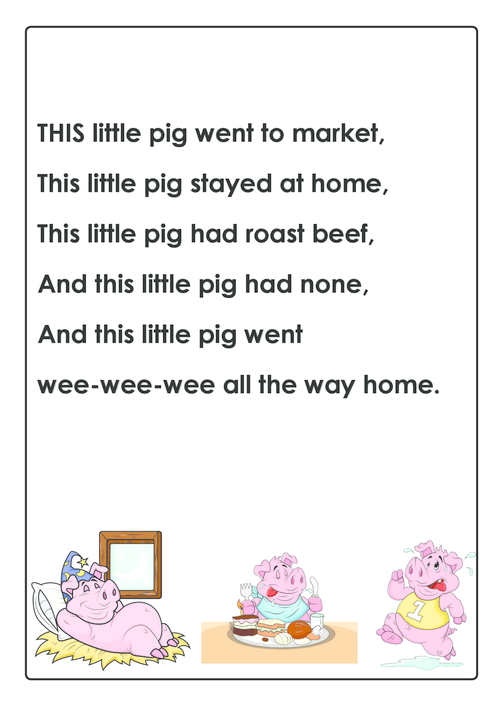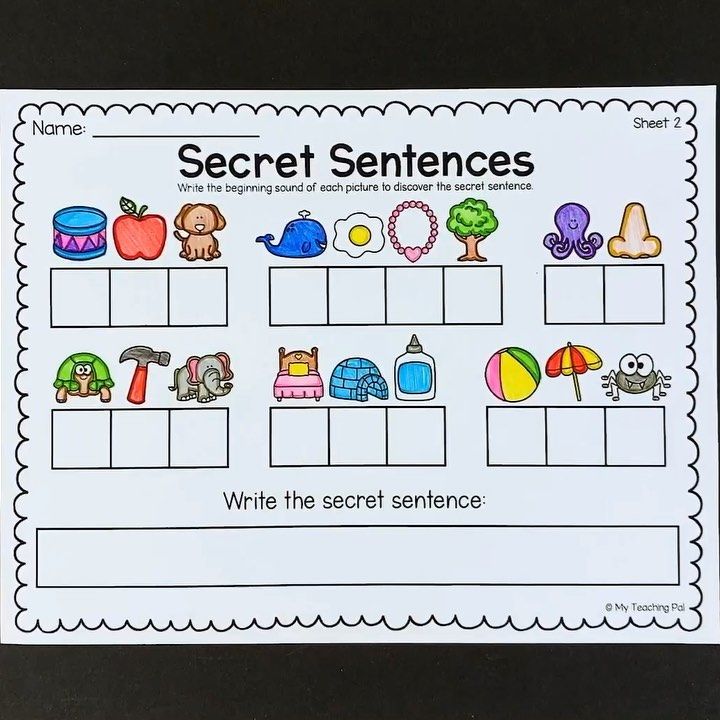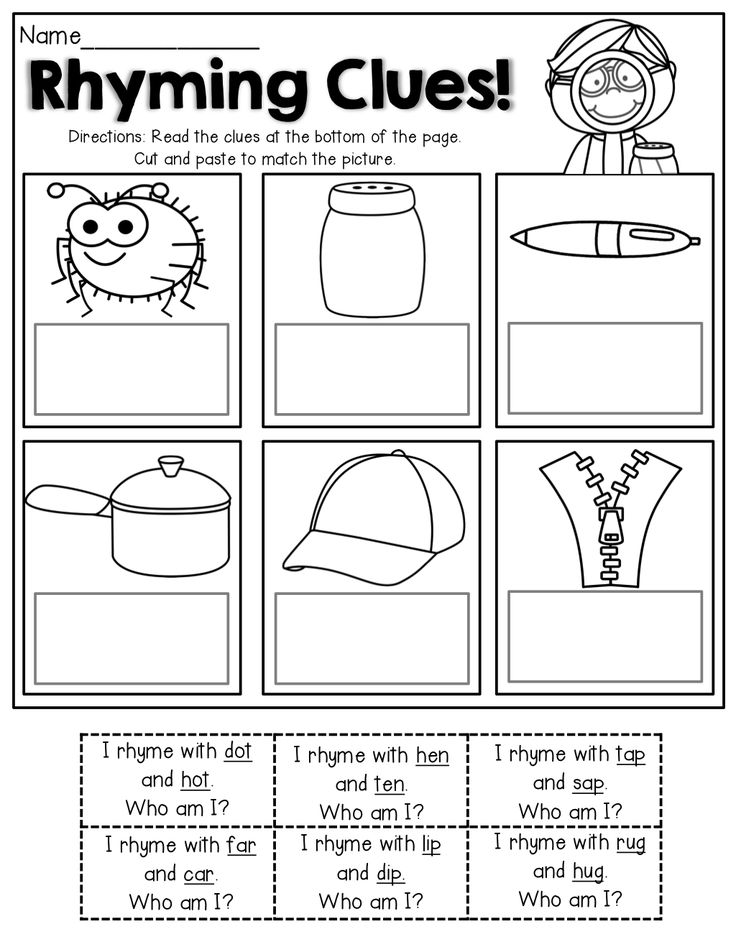What year was the letter j invented
When Was The Letter "J" Invented? (And Was It Before Jesus?)
Some of you may be aware that the letter J is one of the more recent additions to our alphabet. But when was it invented? And what was language like before it came into existence?
When Was The Letter “J” Invented?
The Letter J was invented for the Italian language by a man called “Gian Giorgio Trissino” in the year 1524. It was used in Roman Numerals, but back then, it was an alternative way of writing I, not its own letter. Before the letter J, Jesus’ name was pronounced “Yeh-Soos”.
Watch the video: Only 1 percent of ...
Please enable JavaScript
Watch the video: Only 1 percent of our visitors get these 3 grammar questions right...
The History Of The Letter J
Let’s go over the history of the letter J and see how it went from being an alternative version of I to its own letter.
In the year 1524, Italian Gian Giorgio Trissino was the first to use J as a letter. The sound that this new letter would make has another common way of being written “dg“. Due to the influence that Latin and French had on Italian, the letter J was just another way of writing “dg”.
However, back then, the usage of J was far from common, even in Italy, and it wouldn’t be until much later that it would become as recognisable as it is today. It’s unlikely he would have lived long enough to see his new letter become popular.
Much later in the 16th century, a Frenchman called Pierre Ramous was the next person to separate I from J. Back then, words that today we would spell with a J would have been spelt with an I. But, this was only amongst a few French scholars.
It wasn’t until the 17th century that the letter J became common in English. If you read some of the older versions of the King James Bible, you will see the letter I where today’s version has the letter J.
What Was Jesus’ Name Before The Letter J?
Did you know that Jesus’ name wasn’t actually Jesus?
When he was alive, the letter J did not exist.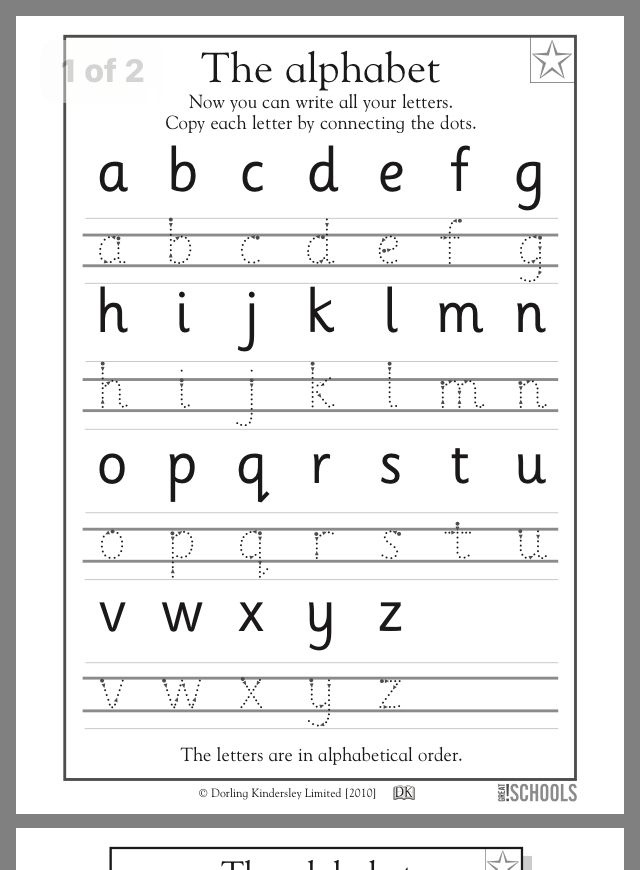 And his name was “Yeshua”. This name is the same place that we get the name “Joshua” from.
And his name was “Yeshua”. This name is the same place that we get the name “Joshua” from.
The reason why modern English translations use Joshua and Jesus as two separate names is to separate the two to prevent people from getting them mixed up.
Before the Letter J was invented, to translate the Hebrew name “Yeshua” into English would have given you Yesus. This is what Jesus was known as for most of English history.
Most of the names we give people in the Bible are not their actual names.
Yahweh Vs Jehovah: What Is God’s Real Name?
If you read Christian literature, there will be two names that God tends to be given. One of them is Jehovah and the other is Yahweh. The reason why God seems to have two names is that his original Hebrew name has been translated differently.
In the Bible, his name is “הֹוָה Yəhōwā,”. When spelt out phonetically, this name sounds like Yahweh.
However, if you were to take the letters of his original name, and turn them into Latin letters, his name is closer to Jehovah.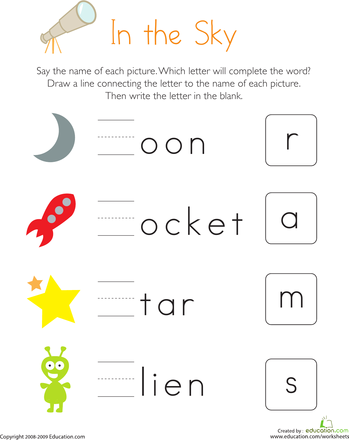
Because the Bible wasn’t written in English, it can be translated in multiple different ways.
The Letter J In Roman Numerals
Before J was a letter, it was an alternative way of writing I in Roman numerals. In Roman numerals, they would use letters like I, X, and V instead of numbers.
But sometimes, when there was no longer going to be any I’s, people would put a J at the end of the number instead of a final I.
Therefore XIII and XIIJ were different ways of writing the number 13.
There are two ideas as to why some Romans did this. The first idea is that it simply looked better. But the second is that it prevented people from putting another I at the end. Similarly to how you might write “Twenty Pounds Only” on a cheque.
Leftovers From Before The Letter J Was Invented
As we mentioned earlier in the article, the letters “dg” can have the same sound as the letter J. For example, in words such as Hedge and Edge.
Because people already had the “dg”, there was not any need for the letter J.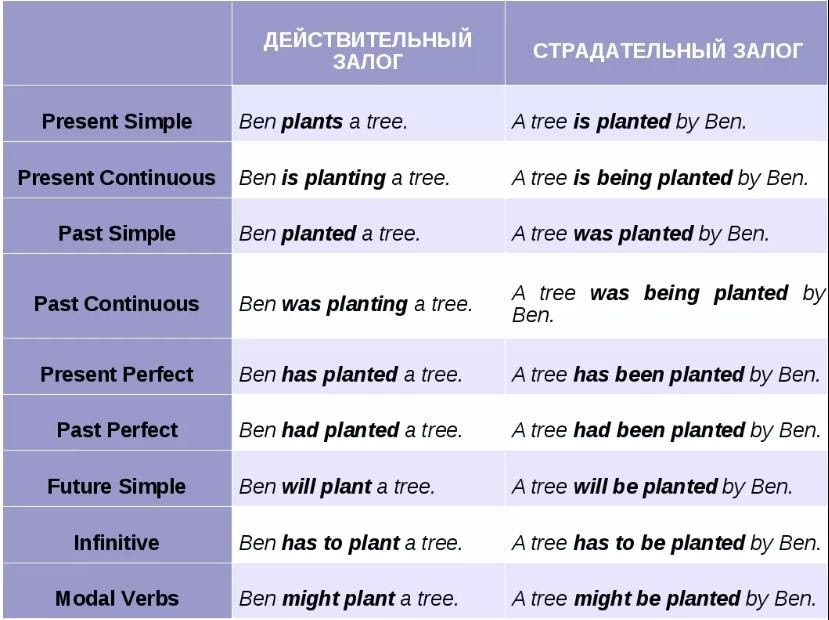
You can generally tell how old a word is by whether it uses “dg” or J. Older words tend to use “dg”, whereas newer words tend to use J.
Words That Use A Silent J
Some words that we use that use the letter J. But it’s not pronounced that way.
In words such as Hallelujah, the J is pronounced the same way that Y is. This is because that word was invented before the letter J was used. So even though the spelling changed over time, its pronunciation stayed similar to its original.
And in words such as “Jalapeno“, the J is pronounced as an H. This is because it is not an English word, it’s Spanish. So the letter pronunciation rules will not be the same as they would for an English word.
What Is J In The Greek Alphabet?
One question I’ve seen pop up is “What is the letter J in the Greek alphabet?”. And, as many of you will probably be able to figure out, the Greek alphabet doesn’t have a letter for J.
It wasn’t used as a letter until 1524. And the Greek Alphabet is several thousands of years older than that. The Greek alphabet didn’t even have a G sound.
In the Ancient Greek language, there were no words that would have made the J sound. Much like in English, there are no words that make the “ü” sound.
Conclusion
And that is all the information you should know about the letter J. Maybe you knew that it was a newbie but didn’t know much about the history behind it.
Or perhaps you were new to the fact that J is a new addition to the English language.
It’s interesting to think about how we can invent new letters. Perhaps in the future, sounds like “sh”, “ch” and “Gr” will get their own letters- only time will tell.
But, next time you hear someone talk about Jesus, Joshua, Yeshua, Yahweh, or Jehovah, you’ll now know more about where these words come from, and how alternative translations have altered how we say them in modern English.
When was the letter j invented? The letter "J" is only 500 years old — Warriors Of The Ruwach
FUN FACT:
The letter "J" was the last addition to the English alphabet.
Feelings aren’t facts and while they may be YOUR truth it doesn’t make it THE truth! Every English bible is a heavily translated, and extremely watered-down westernized version of the melanated Middle Eastern Hebrew people's history and culture. If we aren’t willing to have an open mind, take an emotional step back, and look at the scriptures from the perspective of the Hebrew people, because of the conditioned western mindset the Hebrew script is vastly misinterpreted. This simple oversight has caused the masses to believe in false ideologies, false names, false images, false prophets, false symbols/customs, and unapproved ways of worshipping the Creator (traditions of men) that were NEVER commanded by the Heavenly Father and NEVER originated with His people (the Hebrews) of the bible.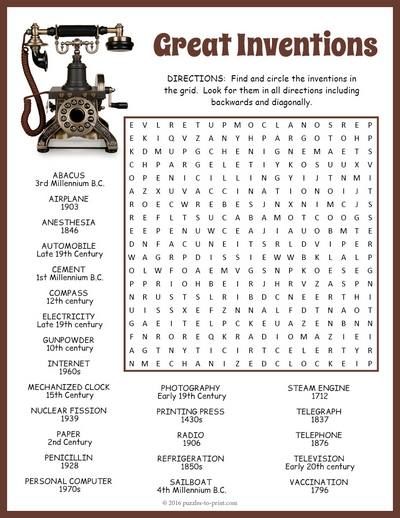
With this said, it’s NO secret that the New Testament has several profound contradictions to the Old Testament, and the religion of Christianity depends solely on the Old Testament. Since we know the Ancient Hebrews in the Old Testament were NEVER commanded by YaHuWaH to have a religion or to worship the Creator by way of pagan customs, deep unbiased research educates us with various overwhelming facts revealing that Christianity NEVER had a leg to stand on. Historical research uncovers that the pagan Roman Catholic Church birthed (at the Council of Nicaea) many various flavors of their solar / sun worshiping religion (Astrolatry, based on the movement of the sun and stars). Christianity being their most dominant form is still at the forefront today. This is why history records many other cultures having various gods and or saviors / Christs like Jesus who are demigods (Gods who had children my mortals), sound familiar.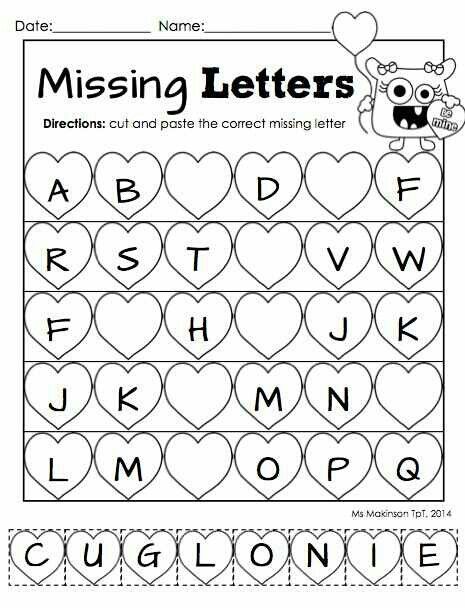
After many years of dedicated unbiased research, the purpose of this information is to be a starting point or stepping stone for everyone beginning their journey down the path of truth. We DON’T claim to know everything but as we make time for YaHuWaH, we grow and will be guided by the Creator. Always do your OWN unbiased research and validate everything EVERYONE says. Deny the urge to react in emotion, but instead, challenge the truth by doing your own unbiased research and finding out the FACTS for yourself. It’s ok to disagree with something, but using one’s opinion or emotion to dispute FACT is futile.
The same premises pertains to the ABaRiY (aka Hebrew) scriptures, and if you attempt to overstand Eastern Hebraic culture using our conditioned, Christian westernized mindset, most will lean toward their OWN understanding because it FEELS right to THEM (MaShaL 3:5-6 “Proverbs”)! When we fail to make time to learn the mind of ABa YaHuWaH (by way of humility, prayer, studying the pure Hebraic scriptural truth, and being willing to unlearn passed-down lies) we can unknowingly blaspheme the truth and claim ALuWaH (the “Mighty one” but in English translated to the generic title “God”) is co-signing on OUR opinions and emotions.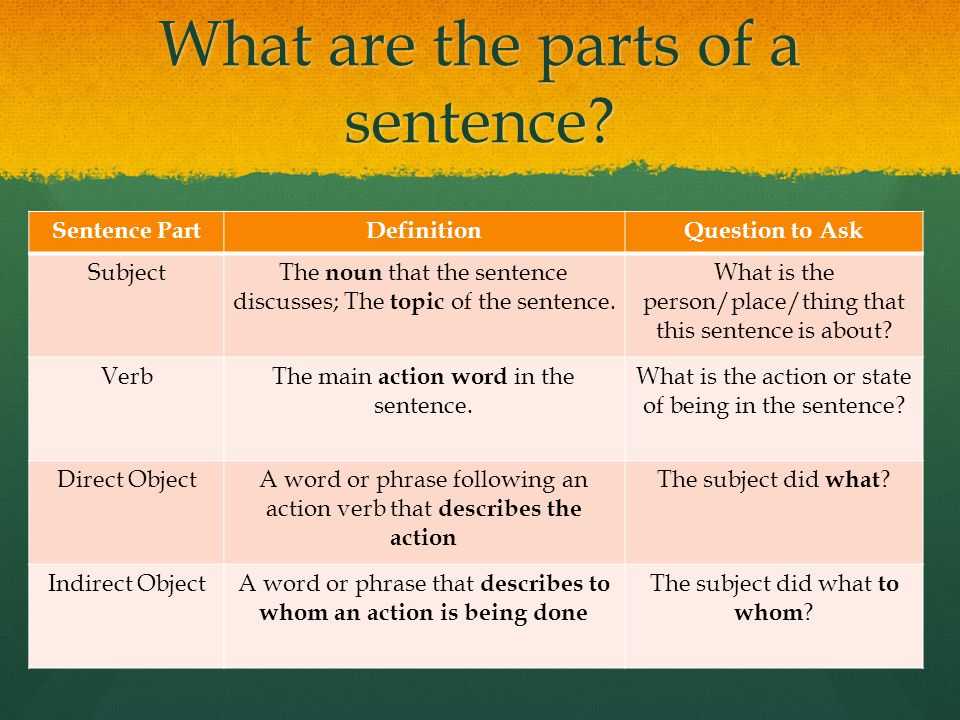 In regards to the Hebrew script, when someone’s opinion is backed by the word, its NO LONGER opinion but FACT! If YaHuWaH said it or did it, who are we to dispute it (YaShAYaHuW 55:8-13 “Isaiah”)? You have to use and explain scripture if you are disagreeing with YaHuWaH’s word and not opinion or emotion.
In regards to the Hebrew script, when someone’s opinion is backed by the word, its NO LONGER opinion but FACT! If YaHuWaH said it or did it, who are we to dispute it (YaShAYaHuW 55:8-13 “Isaiah”)? You have to use and explain scripture if you are disagreeing with YaHuWaH’s word and not opinion or emotion.
Before anyone attempts to pick up a bible, they must over stand the first fundamental fact regarding the scriptures. This critical fact levels the playing field and empowers our logical thinking mind to discern the truth from the lies, so we can more easily consume the mysteries of truth that were hidden from ABa (Father) YaHuWaHs elect ones in the bible. As scripture reads "And ye shall seek me, and find me, when ye shall search for me with all your heart" (YaRaMiYaHuW 29:13 "Jeremiah"). The FACTS on this website are the direct result of several painstakingly, dedicated years of extensive unbiased research, validation outside of the suggested Babylonian curriculum, in-depth conversations with pastors, and those with many years of religion (including Christianity) under their belt.
The FACTS on this website are the direct result of several painstakingly, dedicated years of extensive unbiased research, validation outside of the suggested Babylonian curriculum, in-depth conversations with pastors, and those with many years of religion (including Christianity) under their belt.
The scriptures are a Middle Eastern Hebraic book about THEIR culture (NOT European or Latin). Their story was then heavily translated by the pagan Roman Catholic Empire into what the world now knows as the bible. These disoriented alterations were done to fit THEIR pagan narrative and THEIR newly created organized religion called Christianity. These decreed pagan ideologies and traditions were then forced on various Roman conquered races establishing THEIR religion as a worldwide superpower. This perpetuated illusory truth effect subliminal brainwashing has ultimately deceived the whole world into falling in love with a lie.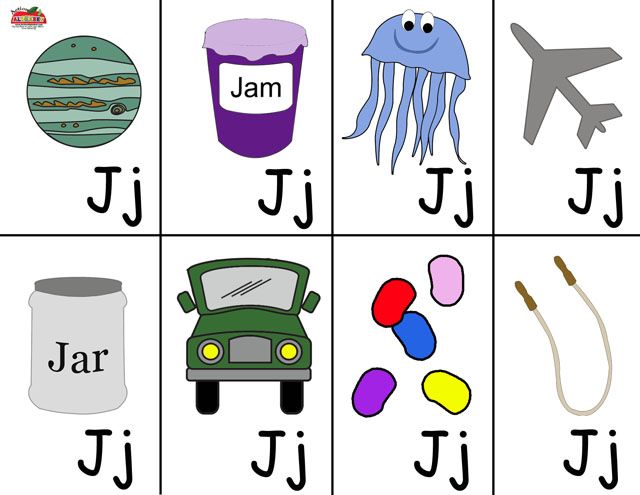
This is why when you make time to do unbiased study and research on “the bible”, the FACTS reveal that several English words used throughout all translated bibles have pagan connotations to various gods (theLORD, God, Christ, Jesus, glory just to name a few). This makes perfect sense since we know history teaches us that the Roman Catholic Empire is a pagan polycystic race of people. It DOESN’T take a quantum physicist to understand that when words (or names) are translated from one language to another, things get lost and things are added. The Hebrew Script has been translated (not transliterated which is the chasing of sound) from the ABaRiY (aka Hebrew) language into English, thus the pure meaning behind the Hebrew words and names has been erased. This is a violation the scripture clearly warns against doing and rightfully so. Altering the history of a race of people now removes the truth and adds in lies (DaBaRiYM 4:2 and 12:32 "Deuteronomy", and ChaZaN 22:18-19 "Revelation").
Scripture reminds us in MaShaL 4:7 (Proverbs) that we must FIRST get an understanding (make time to research both sides of any story) and that a fool has no interest in understanding; they only want to hear their own opinions come out of other peoples mouth (MaShaL 18:2-3 “Proverb”). The highest form of ignorance is rejecting or responding to information you have absolutely NO knowledge about in emotion. YaQuWB 1:19-27 (James) gives wisdom on making quick emotional responses, and this also pertains to information that may seem unpopular to the masses or that you DON’T personally agree with. Scriptures remind us that is it foolish to respond to a matter without FULLY hearing (MaShaL 18:12-15 “Proverbs”). Choosing to put a puzzle together without having all pieces would be unwise, why? Because it yields incorrect perceptions of what that puzzle is REALLY supposed to look like. DON’T let ignorance, jealousy or pride be the death of your RuWaCh (spirit) because you chose to reject truth due to emotion or passed down traditions of men (the pagan Roman Catholic / Christian church system) by way of your fathers, fathers (who were also mislead). Our duty as the elect of YaHuWaH is to share the truth, NOT make people believe it. We DON’T want you to think like us, we just want you to think!
DON’T let ignorance, jealousy or pride be the death of your RuWaCh (spirit) because you chose to reject truth due to emotion or passed down traditions of men (the pagan Roman Catholic / Christian church system) by way of your fathers, fathers (who were also mislead). Our duty as the elect of YaHuWaH is to share the truth, NOT make people believe it. We DON’T want you to think like us, we just want you to think!
NO WHERE in the Greek manuscripts (where the English bibles are translated from) is the name Jesus
Jesus Will Not Save You
When the truth of the Hebrew script is backed by the Hebrew Old Testament, it destroys all the implanted misinformation in the Westernized, English-translated bibles.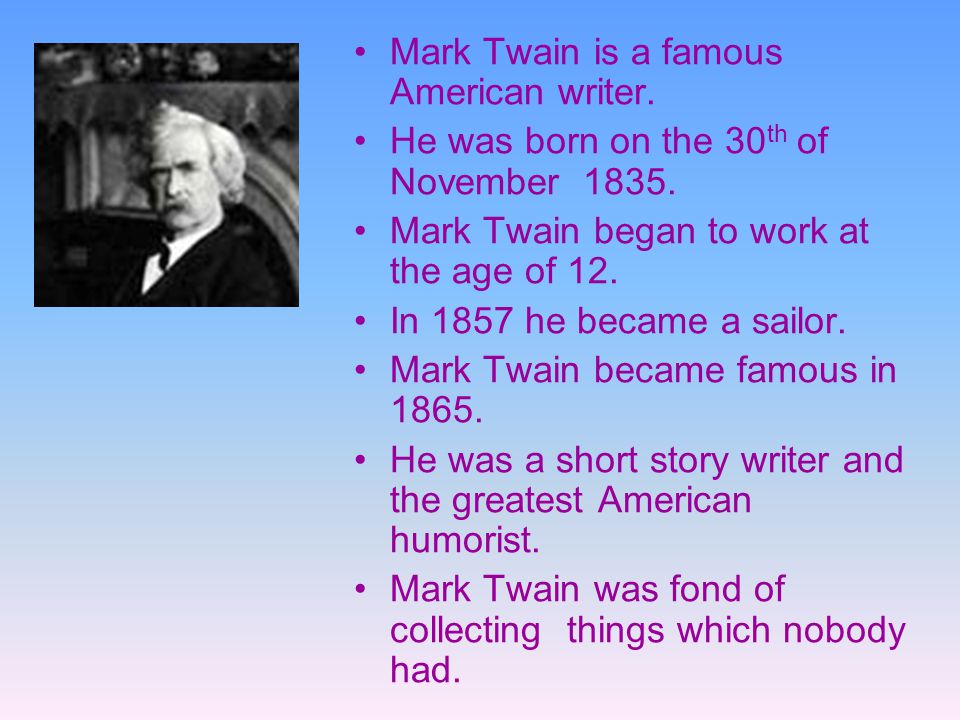 Tovia Singer, explains that Jesus can’t save you.
Tovia Singer, explains that Jesus can’t save you.
500 years ago the letter "J" did not exist in any language on this earth, so NO letter "J" 500 years ago, and NO name "Jesus" 2,000 years ago. The letter "J" is a fairly recent addition to the alphabet (around the 1500's), and unbiased research / historical data prove it's IMPOSSIBLE for the names JESUS or JeHoVaH to even have been on the planet back in the ancient times. Originally a Phoenician pictogram representing a leg with a hand, and denoting a sound similar to the Y in “yes,” the "i" was LATER adopted by Semitic groups to describe the word “arm” which, in Semitic languages, began with a "J" (also possessing the same Y sound as in “yes”). The man responsible for the letter “J” was Gian Giorgio Trissino an Italian Renaissance grammarian known as the father of the letter “J”.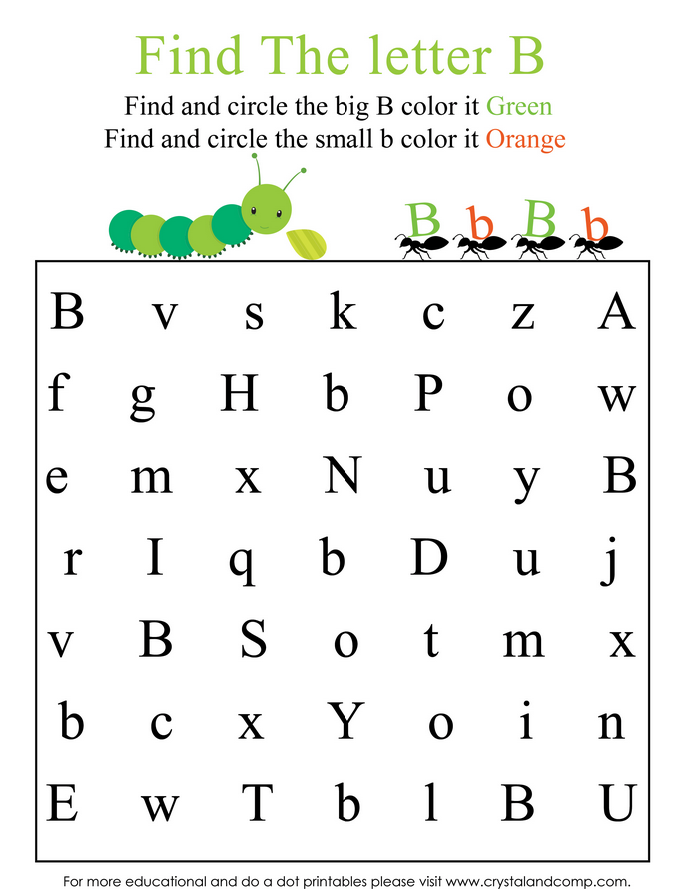 In 1524, Gian Trissino made a clear distinction between the two sounds. Trissino’s contribution is important to know because once he distinguished the soft “J” sound, as in “jam”, Gian Trissino identified the Greek “IESUS” (a translation of the Aramaic “YeShuWA” h4443) as the Modern English “Jesus”, thus the current phoneme for “J” was born.
In 1524, Gian Trissino made a clear distinction between the two sounds. Trissino’s contribution is important to know because once he distinguished the soft “J” sound, as in “jam”, Gian Trissino identified the Greek “IESUS” (a translation of the Aramaic “YeShuWA” h4443) as the Modern English “Jesus”, thus the current phoneme for “J” was born.
We who are in the truth are NOT afraid of FACTS, and we are NOT afraid of what information we find or uncover. We love knowledge and simply strive to know the truth at all costs. We know that the bible is a ABaRiY (aka Hebrew) original book about the ABaRiY culture and that it’s been translated down through various languages. Due to the various translations the pure truth, history, meaning, identity and lineage within the ABaRiY scriptures have been wiped away. There is NO letter "J" in the original 22 Hebrew letters and today in modern Hebrew, there is STILL NO letters "J", “O”, “F” or “E”.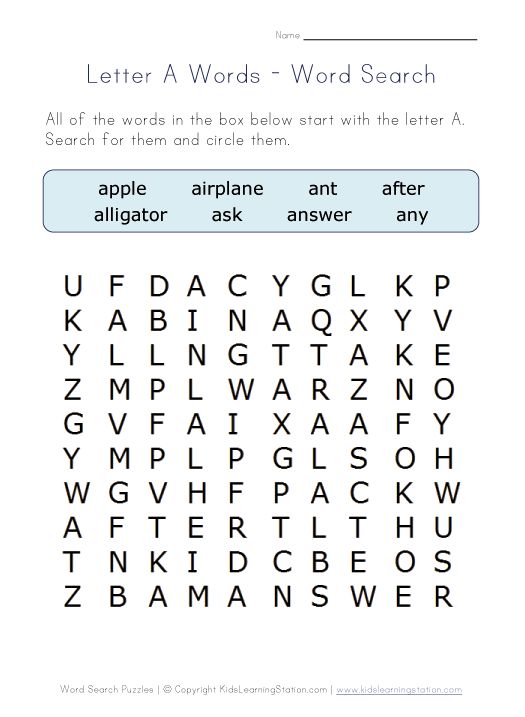
Even in the KJV 1611 year bible, there are NO letter J's AT ALL in that bible. WHY? Because again, the letter "J" didn't exist at that time! Pastors SWEAR the savior’s name was always Jesus, and if that's true, then the scriptures should back that up right? WRONG! You WON'T be able to find the false name Jesus anywhere in the KJV 1611 bible or in any book published in 1500's. WHY? Because again,the letter "J" didn't exist! In 1537, William Tyndale's partial translation of the Bible into English was published, which would eventually be incorporated into the King James Bible. The first English-language book to make a clear distinction between the sound of "I" and the sound of "J" was not written until 1634. Research uncovers that the letter "J" was the last of the 26 letters to be added to the English Alphabet. Its emerging distinctive use dates back to Middle High German, originally being a typographical flourish or swash character on the Roman "i".
It wasn't until after the 1611 year Bible was published, that the English language officially accepted the shape and sound of the letter "J" as "Jae" and no longer the “Y“ or "Ya" sound. The first English-language book to make a clear distinction between "i" and "J" was published in 1634 (Ref). Its use in the English alphabet followed, the letter "J" was the last of the 26 letters to be added to the English Alphabet. Its emerging distinctive use dates back to Middle High German, originally being a typographical flourish or swash character on the Roman "i".
Pastors have told us that here in America that we DON'T speak HEBREW, and that its NOT important, so we need to STOP or WATCH what we are saying and sharing with people. Pastors SWEAR by the false Latin name Jesus, so humbly ask them this question, "Pastor do YOU speak Latin?" Pastors discourage people studying the scriptures from its true ABaRiY origins, because they have unknowingly vowed to continue the lies and deceptions of the harlot church system.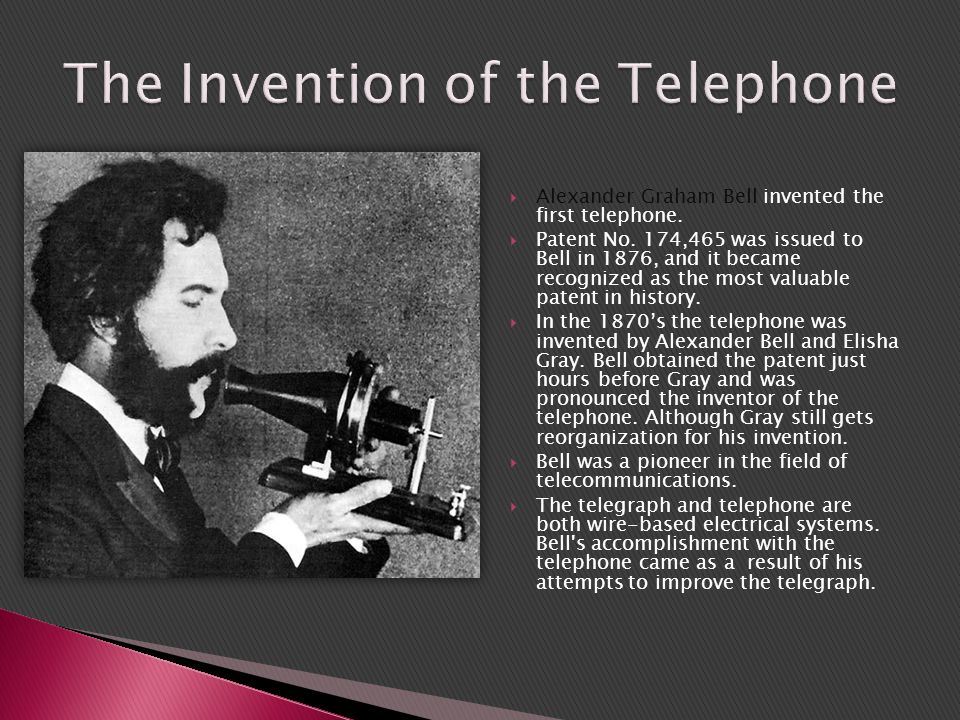 They fear that if you begin validating the scriptures from its pure origins, you will wake up! People waking up to the truth means NO MORE people giving them money to pay for their big house note, nice cars, worldly status, vacations, and their children’s college funds. What people are failing to over stand is that you DON’T need to be a Hebrew scholar or a pastor to understand the scriptures, but having basic knowledge of the ABaRiY culture is key. Knowing how the ABaRiY people used the three original Semitic vowels (a, i and u), what those pure vowels sounds were, what their grammar word rules are, and most importantly, what those words mean. Knowing this information truly helps you see what was really being said in the scriptures. This removes ALL confusion, perceptions, ideological beliefs, translations, points of views or someones truth vs the truth!
They fear that if you begin validating the scriptures from its pure origins, you will wake up! People waking up to the truth means NO MORE people giving them money to pay for their big house note, nice cars, worldly status, vacations, and their children’s college funds. What people are failing to over stand is that you DON’T need to be a Hebrew scholar or a pastor to understand the scriptures, but having basic knowledge of the ABaRiY culture is key. Knowing how the ABaRiY people used the three original Semitic vowels (a, i and u), what those pure vowels sounds were, what their grammar word rules are, and most importantly, what those words mean. Knowing this information truly helps you see what was really being said in the scriptures. This removes ALL confusion, perceptions, ideological beliefs, translations, points of views or someones truth vs the truth!
If you are Negro / Mexican / Hawaiian / Spanish / Indian or ANY nationality of color ”melanated”, English is NOT your native tongue, NOR was English the first language on the earth.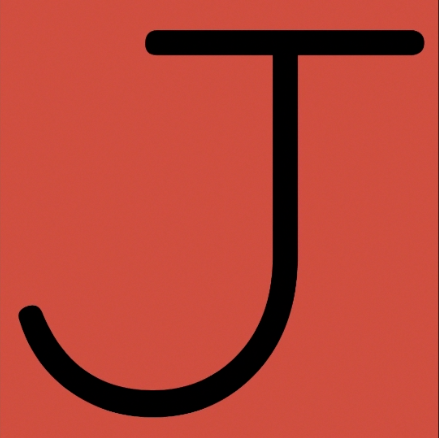 With that FACT in mind, people were NOT speaking English back in ancient times! Take the so called “Indians / Mexicans” for example, they spoke Spanish but did they originally come from Spain? NO, they were conquered by the Spaniards and forced to learn a different tongue! Historical research teaches us that the original black Indians (re-labeled as Negro and Colored) spoke a dialect of ABaRiY / Hebrew. Same goes for the ABaRiY / NEGRO people, in slavery they were forced to forget their native tongue, their ALuWHiYM’s (mighty one or “god” in English) true name YHWH “YaHuWaH”, learn English and adopt the European created pagan religion of Christianity (that was designed to keep people spiritually and mentally enslaved). These are things people need to begin thinking about, and for sure start asking their pastors these types of questions.
With that FACT in mind, people were NOT speaking English back in ancient times! Take the so called “Indians / Mexicans” for example, they spoke Spanish but did they originally come from Spain? NO, they were conquered by the Spaniards and forced to learn a different tongue! Historical research teaches us that the original black Indians (re-labeled as Negro and Colored) spoke a dialect of ABaRiY / Hebrew. Same goes for the ABaRiY / NEGRO people, in slavery they were forced to forget their native tongue, their ALuWHiYM’s (mighty one or “god” in English) true name YHWH “YaHuWaH”, learn English and adopt the European created pagan religion of Christianity (that was designed to keep people spiritually and mentally enslaved). These are things people need to begin thinking about, and for sure start asking their pastors these types of questions.
FACTS 11, 16 and 17 are taken from the book “103 Amazing Facts About the Black Indian of the Western Hemisphere“ near the bottom of the “Thanksgiving” page on our website.
People are entrusting their souls to pastors (whom they hold in high regard), but the majority of pastors (especially black ones) are unlearned (by choice or unknowingly) and strive for the material things of this world. Do you want to risk putting your soul in the hands of a pastor who DOES NOT care to teach REAL truth? You will only know the truth if you ask the pastor yourself, for your soul is at sake! Pastors have told us,"We don't speak Hebrew here in America, so stop trying to tell people they need to learn Hebrew!", what a shame. This is why church and the pagan religion of Christianity is so deadly. It teaches people to HATE the truth, and to HATE the true name of the Heavenly Father YaHuWaH. People in church and religion have been conditioned to believe the titles “LORD” and “God” are names. If you are Negro or melanated this is especially deadly, Christianity is designed to control and condition Negros to HATE their true heritage, forget who their ALuWHiYM (mighty one) is, and to worship a false created white image with a false name! If you don’t believe us, go and share this truth with anyone in the harlot church system and watch the looks you get!
Here are just a few ABaRiY (aka Hebrew) words people speak on a regular basis here in America (ex: Hallelujah which is "HaLaL YaH", Emmanuel which is "AMaNuWAL", Amen which is "AMaN", Babel which is "BaBaL", Bethal which is "BiYThAL", Samuel which is "ShaMuWAL", Satan which is ShaTaN, etc.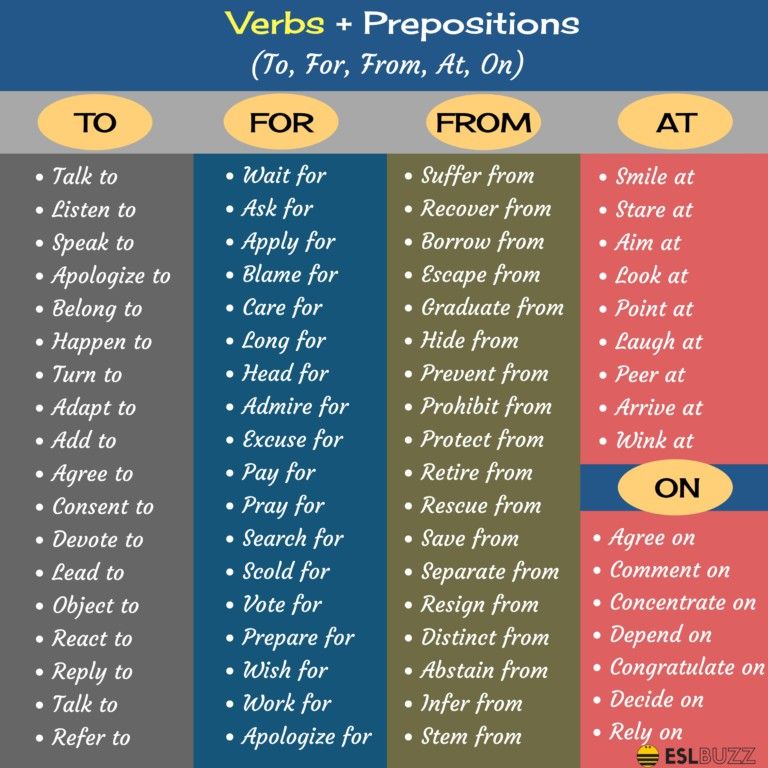 ) This goes to show the pure ignorance of the majority of CHRISTIANS (that GAMBLE with their souls) and the pastors that they choose to sit under.
) This goes to show the pure ignorance of the majority of CHRISTIANS (that GAMBLE with their souls) and the pastors that they choose to sit under.
Amen
Amen- H539 - אמן (these Hebrew letters "אמן" transliterated into English consonants is "NMA " or "AMaN")
Phonetic Spelling: ä·mān'
Transliteration: 'aman
Meaning: to support, confirm, be faithful
From: H539
Emmanuel
`Immanuw'el - H6005 - עמנואל - (these Hebrew letters "עמנואל" transliterated into English consonants is "LAWNMA" or "AMaNuWAL")
Phonetic Spelling: im·mä·nü·āl'
Transliteration: Immanuwel
Meaning: "with us is ALuWHiYM"
From עִם (H5973) and אֵל (h510)
Babel
Babel - H894 בבל - (these Hebrew letters "בבל" transliterated into English consonants "LBB" or "BaBaL")
Phonetic Spelling: bä·bel'
Transliteration: Babal
Meaning: "Babel or Babylon = confusion (by mixing)"
From בָּלל (h2101)
Bethel
Bathel - h2008 בית־אל - (these Hebrew letters "בית־אל" transliterated into English consonants "LTYB" or "BiYTh-AL")
Phonetic Spelling: Beyth-'El
Transliteration: bāth·āl'
Meaning: "house of AL"
From (h2004) and (h510)
Hallelujah
Greek - Hallelouia (G239), English - Hallelujah, Hebrew - "HaLaL YaH"
HaLaL - h2984 - הלל (in Hebrew the letters "הלל" transliterated into English consonants"LLH" or "HaLaL")
Phonetic Spelling: (haw-lal')
Transliteration: halal
Meaning: "praise, give glory, to boast, celebrate"
Samuel
Shĕmuw'el - H8050 - שמואל (in Hebrew the letters "שמואל" transliterated into English consonants "LAWMS" or "ShaMuWAL")
Phonetic Spelling: Shamuw'al
Transliteration: Shĕmuw'el
Meaning: "His name is AL" AL (h510) meaning mighty, powerful, strength
From the pass part of שמע (H8085) and אֵל (h510)
Notice the inside cover has the Heavenly Father’s true name יהוה “YaHuWaH”.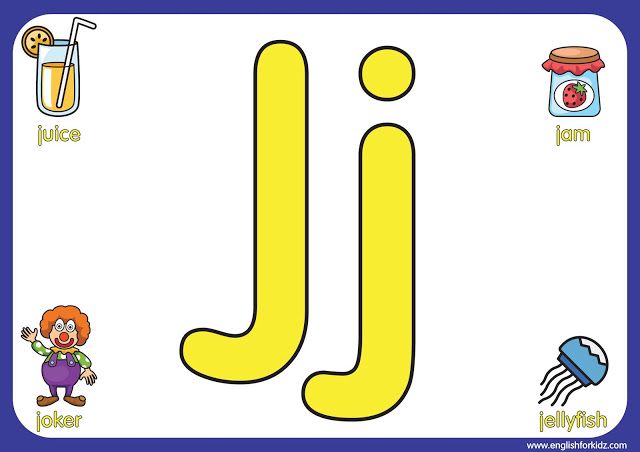 We are commanded NOT to add or take away from the scriptures, and yet it reads that “his majesty” commanded that this bible be specially translated.
We are commanded NOT to add or take away from the scriptures, and yet it reads that “his majesty” commanded that this bible be specially translated.
DaBaRiYM 4:2, 12:32, “Deuteronomy” and MaShaL 30:5-6 “Proverbs”
The Geneva Bible published in 1615 came out after the King James Bible, which appeared in 1611 and made other Bibles obsolete because it was better written and had the approval of King James I of England.
Notice that there is NO Letter "J"
William Tyndale's translation was the first English Bible to draw directly from Hebrew and Greek texts. Later English translations of the bible would use Tyndale's version to translate YaHuWaH's name as JeHoVaH as preferred by English Protestant Reformers. William Tyndale was educated at the University of Oxford and became an instructor at the University of Cambridge, where, in 1521, he fell in with a group of humanist scholars meeting at the White Horse Inn. Tyndale became convinced that the Bible alone should determine the practices and doctrines of the church and that every believer should be able to read the Bible in his own language.
William Tyndale was educated at the University of Oxford and became an instructor at the University of Cambridge, where, in 1521, he fell in with a group of humanist scholars meeting at the White Horse Inn. Tyndale became convinced that the Bible alone should determine the practices and doctrines of the church and that every believer should be able to read the Bible in his own language.
After church authorities in England prevented him from translating the Bible there, he went to Germany in 1524, receiving financial support from wealthy London merchants. His New Testament translation was completed in July 1525 and printed at Cologne then later Catholic authorities suppressed it, at Worms. The first copies reached England in 1526. Tyndale then began work on an Old Testament translation but was captured in Antwerp before it was completed; he was executed at Vilvoorde in 1536.
At the time of his death, several thousand copies of his New Testament had been printed; however, only one intact copy remains today at London’s British Library.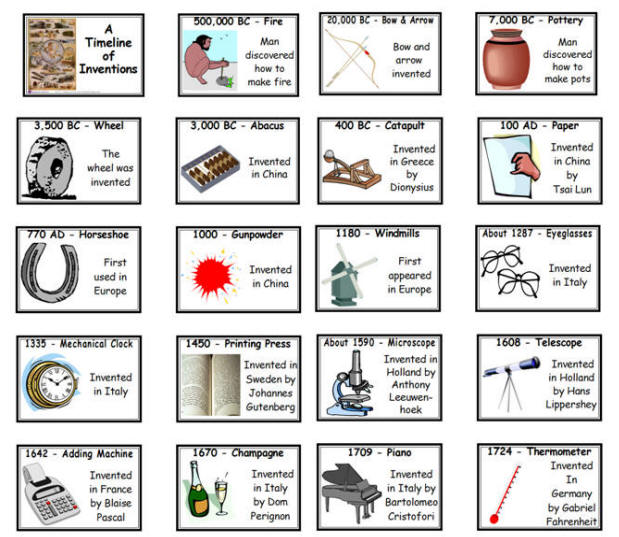 The first vernacular English text of any part of the Bible to be so published, Tyndale’s version became the basis for most subsequent English translations, beginning with the King James Version of 1611. We know William Tyndale had the original scriptures in Hebrew but chose to write the pagan title "LORD/God” (in place of YaHuWaH over 6,000) and the false Latin name "Jesus" (as an imposter to the branch of Jesse mentioned in ZaChaRiYaHuW 6:11-13 “Zechariah” and YaShAYaHuW 11:1-16 “Isaiah”) in the English version. This goes to show that William Tyndale was NOT in the truth when he translated the Hebrew scriptures into the English bible.
The first vernacular English text of any part of the Bible to be so published, Tyndale’s version became the basis for most subsequent English translations, beginning with the King James Version of 1611. We know William Tyndale had the original scriptures in Hebrew but chose to write the pagan title "LORD/God” (in place of YaHuWaH over 6,000) and the false Latin name "Jesus" (as an imposter to the branch of Jesse mentioned in ZaChaRiYaHuW 6:11-13 “Zechariah” and YaShAYaHuW 11:1-16 “Isaiah”) in the English version. This goes to show that William Tyndale was NOT in the truth when he translated the Hebrew scriptures into the English bible.
Notice that there is NO Letter "J"
The name "Jesus", is simply a combination/fabrication of the Aramaic YeShuWA, and Joshua comes from the Greek translation Yĕhowshuwa (YaHuWShuWA) h4091. When the Greeks translated Joshua, they claimed it was IESOUS. Interestingly enough, ALL the letters in the name IESOUS are in the English language and can be pronounced with no problem, so WHY did they need to replace the letter "I" with a “J”, remove the “O” and translate IESOUS further down to Jesus? Please note the similarity between the Greek name IESOUS and the pagan deity name ZEUS.
When the Greeks translated Joshua, they claimed it was IESOUS. Interestingly enough, ALL the letters in the name IESOUS are in the English language and can be pronounced with no problem, so WHY did they need to replace the letter "I" with a “J”, remove the “O” and translate IESOUS further down to Jesus? Please note the similarity between the Greek name IESOUS and the pagan deity name ZEUS.
Judah
Yĕhuwdah - h4063 - יהודה (these Hebrew letters "יהודה" transliterated into English consonants "HDWHY" or "YaHuWDaH")
Phonetic Spelling: yeh·hü·dä'
Transliteration: Yĕhuwdah
Meaning: "praised, the tribe descended from Judah, the territory occupied by the tribe of Judah"
Remember there was NO letter J, and when we add BACK IN the pure Semitic vowels and their sounds to YeHuWDaH, you get YaHuWDaH
Here the Etymology clearly teaches us that in English, words from Hebrew that have a letter "J" where originally represented by the Hebrew character called the "Yod", so the "J" was originally the letter "Y" or Hebrew / ABaRiY “Yad”!
Here we see the Hungarian name Janos, spelled with the letter "J”, but pronounced YaH-nosh.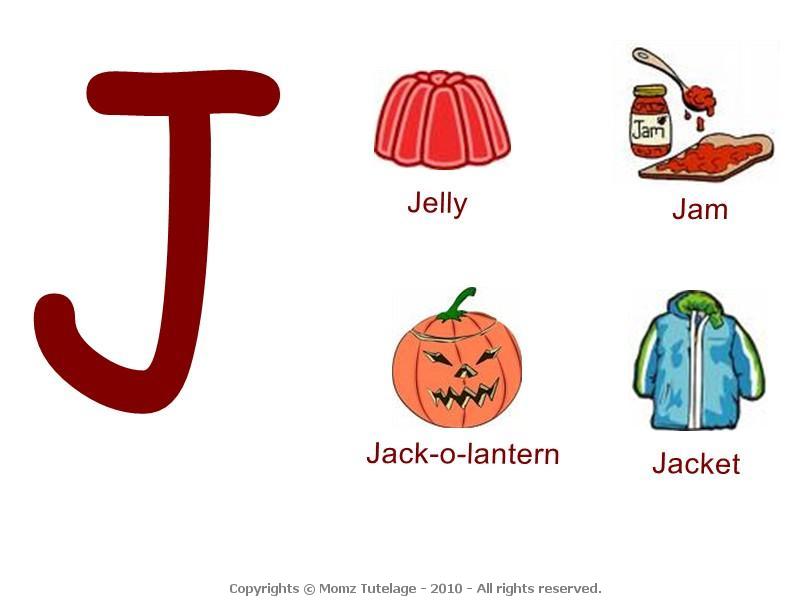 Upon further research, you will find that Janos, goes back to the Greek “John”, which traces further back to its pure Hebrew origins YaHuWChaNaN h4076 which means YaHuWaH has graced. Like we have always said, everything has an origin and no matter how much people want to deny the truth it was ALWAYS there.
Upon further research, you will find that Janos, goes back to the Greek “John”, which traces further back to its pure Hebrew origins YaHuWChaNaN h4076 which means YaHuWaH has graced. Like we have always said, everything has an origin and no matter how much people want to deny the truth it was ALWAYS there.
English, back to Latin, back to the Greek, then back to its Hebrew origins
Hebrew / Phoenician or Paleo to Greek to Latin then to English
Although Dr. John Berkeley calls on the false name YaHWeH (which was a popular discovery back then), he is dead on the money. The letter J never existed and the savior’s name was NEVER Jesus.
YaHuWShuWA vs JESUS
The scriptures reminds us in YaHuWChaNaN 4:24 (John) that we are to worship in spirit and in TRUTH, and the TRUTH is JESUS was NEVER the saviors true name. Against popular belief the widely accepted European name Jesus is NOT the true name of the melinated man in the scriptures, who gave his life for the opportunity that all mankind may have a chance back to the Father, YaHuWaH in ShaMaH (heaven).
Jesus is Not the Name of the Son!
During our 2019 Truth Fellowship in Scottsdale AZ, ACh (brother) Lawerence beautifully explains that Jesus was NEVER the name of the son!
WOTR does not operate solely on donations, however, if you want to support our ongoing efforts you can do so by using the button below. All donations will go towards maintaining all WOTRs social media platforms to share the established words of the Creator and god of YiSRAL YaHuWaH.
ShaLuWM and AHaB (love)
CONTACT US: [email protected]
#LiveToDieForTheKing #TruthIsNotReligion #WeaponizedLogic
Unlearn, Deprogram and Re-think EVERYTHING you were taught!
Once YaHuWaH’s truth is shared in love with someone the Creator hopes they will make an immediate lifestyle change.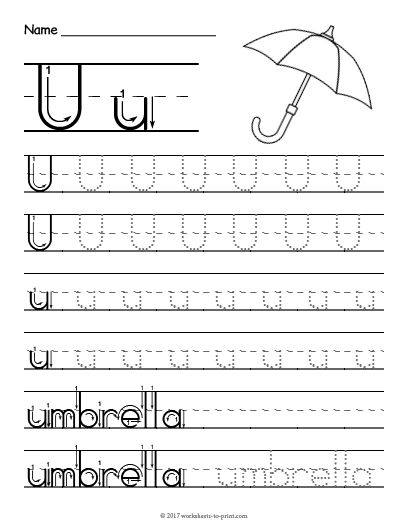 If that person TRULY loves the Creator, they will make time to validate all His commands against ANY words of those who contradict HIS (NOT make excuses as to how the Creator’s words go against THEIR lifestyle and biblical/scriptural beliefs).
If that person TRULY loves the Creator, they will make time to validate all His commands against ANY words of those who contradict HIS (NOT make excuses as to how the Creator’s words go against THEIR lifestyle and biblical/scriptural beliefs).
BaT DaBaR 7:14 “2 Chronicles” Hebrew Bible
14 When my people, who bear MY NAME humble themselves, pray, and seek my favor and TURN from their evil ways; I will hear in my heavenly abode, and FORGIVE their sins, and will heal their land.
MaChiYaHuW 6:8 “Micah”
8 He hath shewed thee, O man, what is good; and what doth YaHuWaH require of thee, but to do justly, and to love mercy, and to walk humbly with thy ALuWaH?
ZaMaR 119:10-11 “Psalm”
10 With my whole heart have I sought thee: O let me not wander from thy commandments.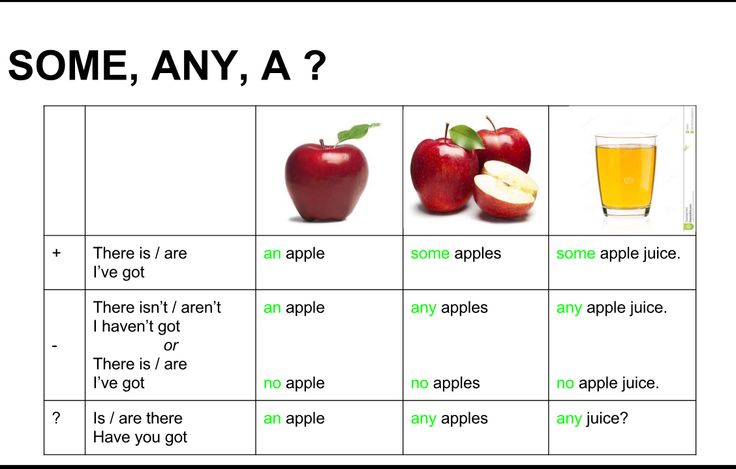
11 Thy word have I hid in mine heart, that I might not sin against thee.
BACK TO TOP
Where did the alphabet come from? Tomsk College of Information Technologies
Where did the alphabet come from? (22.05.2020)
From May 18 to May 22, an educational quiz "Where did the alphabet come from?" was held for TTIT freshmen, dedicated to the Day of Slavic Literature and Culture. We offer everyone interesting quiz materials and questions for self-examination.
May 24 in all countries where the Slavs live, celebrate the Day of Slavic Literature and Culture. This day is dedicated to scientists and educators who created the first Slavic script in the world. These are known in all Slavic countries - Cyril and Methodius. It was they who became the founders of Slavic writing.
Many years ago, Russia was called differently - Rus, and it was inhabited by the Slavs. The Slavs were strong, hardy, hardworking.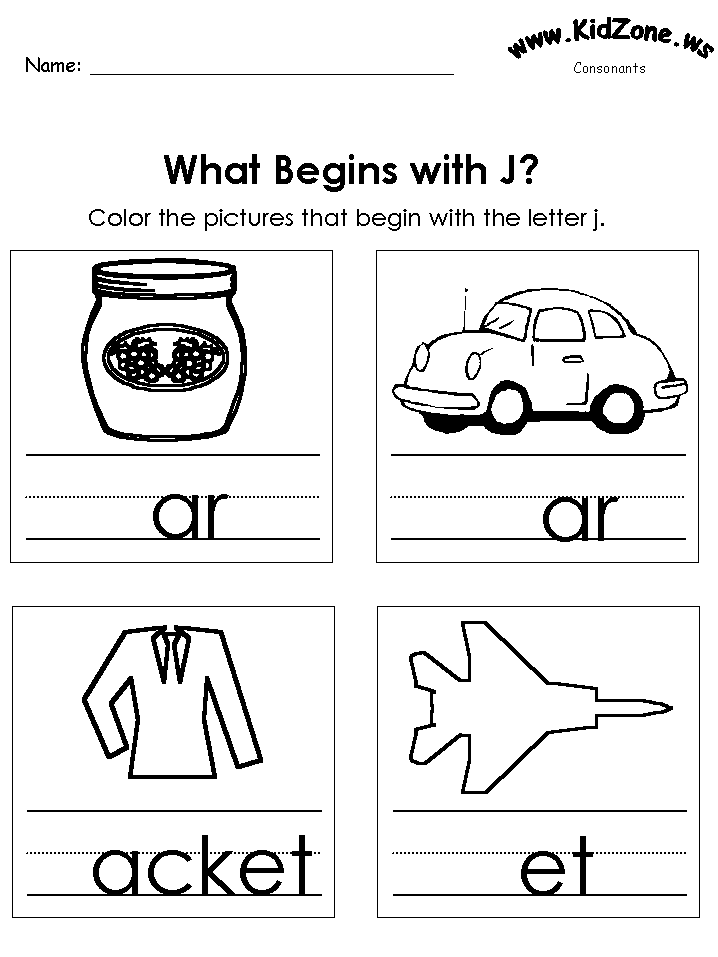 Their every day was full of labor worries. The Slavs worked hard, but one thing upset the Slavs - they did not have a letter, an alphabet, they did not know letters and could neither write nor read. Who created our Slavic writing? How did the letters of the Slavic alphabet originally look and were called?
Their every day was full of labor worries. The Slavs worked hard, but one thing upset the Slavs - they did not have a letter, an alphabet, they did not know letters and could neither write nor read. Who created our Slavic writing? How did the letters of the Slavic alphabet originally look and were called?
It was a long time ago, in the 9th century. On the border with Bulgaria was one of the largest Byzantine provinces. Its capital is the city of Thessalonica. Two sons grew up in the family of a military official - Konstantin and Mikhail (after taking monastic vows, they began to be called Cyril and Methodius). The population there was half Greeks, half Slavs, and in the family of boys the mother was Greek, and the father was Bulgarian, and therefore from childhood they - Thessaloniki brothers - had two native languages - Greek and Slavic. The characters of the brothers were very similar. Both read a lot, loved to study. For Konstantin, knowledge, books became the meaning of his whole life, he received an excellent education, quickly studied grammar, arithmetic, geometry, astronomy, music, knew several languages. Interest in the sciences, perseverance in learning, diligence - all this made him one of the most educated people of the time. It is no coincidence that he was called a philosopher for his great wisdom.
Interest in the sciences, perseverance in learning, diligence - all this made him one of the most educated people of the time. It is no coincidence that he was called a philosopher for his great wisdom.
At the time when Constantine and Methodius lived, the Slavic peoples occupied the vast territories of Eastern and Central Europe. They reached such a level of development when it became necessary to have a written language - their own, Slavic (and then the Slavs used Greek and Latin letters).
Years passed. The brothers grew up and learned. Cyril became a librarian, and Methodius became a military leader. But the dream of creating a Slavic alphabet did not leave his younger brother. He worked hard and came up with letters, and from them he compiled the alphabet. But coming up with is half the battle. It is necessary to translate books from Greek into Slavonic so that the Slavs have something to read. It turned out to be a very difficult task, and Kirill alone could not cope.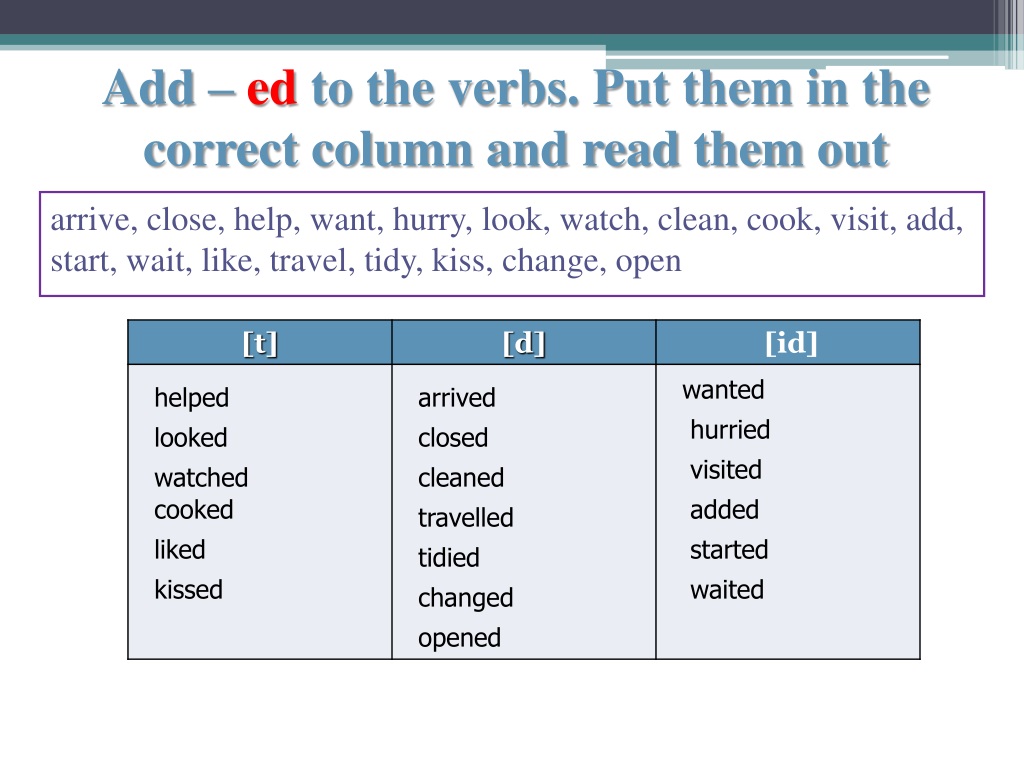 His elder brother Methodius began to help him. So, Cyril and Methodius set to work. “Letters should be beautiful and simple so that the hand writes easily, without delay, as if singing,” the brothers immediately decided. They had to work hard. Day after day they stood side by side and drew various signs in the sand with long sticks. They erased them, wrote new ones. Everything was easy for them. The alphabet took shape like a mosaic picture, and, finally, Constantine wrote the first line of the Gospel of John in new beautiful letters: "In the beginning was the word." Thus, writing on the Russian land began with Holy Scripture. The new language was expressive, beautiful and musical. In this surprisingly kind, melodious language, they prayed to God and the Most Holy Theotokos, asked for help in their difficult life and the deliverance of Rus' from wild, cruel enemies.
His elder brother Methodius began to help him. So, Cyril and Methodius set to work. “Letters should be beautiful and simple so that the hand writes easily, without delay, as if singing,” the brothers immediately decided. They had to work hard. Day after day they stood side by side and drew various signs in the sand with long sticks. They erased them, wrote new ones. Everything was easy for them. The alphabet took shape like a mosaic picture, and, finally, Constantine wrote the first line of the Gospel of John in new beautiful letters: "In the beginning was the word." Thus, writing on the Russian land began with Holy Scripture. The new language was expressive, beautiful and musical. In this surprisingly kind, melodious language, they prayed to God and the Most Holy Theotokos, asked for help in their difficult life and the deliverance of Rus' from wild, cruel enemies.
Slavic writing was created in the 9th century, in 863. The alphabet created by Cyril and Methodius was named "Cyrillic" in honor of Cyril. Not everyone knows that May 24 is a special day. May 24 is the Day of Slavic Literature and Culture, the Day of veneration of the holy enlighteners Cyril and Methodius, who gave the Slavs that script, the alphabet that we still use. The holiday came to us from Bulgaria, where this tradition is already over a hundred years old. In Rus', it was decided to celebrate the memory of the Saints in 1863.
Not everyone knows that May 24 is a special day. May 24 is the Day of Slavic Literature and Culture, the Day of veneration of the holy enlighteners Cyril and Methodius, who gave the Slavs that script, the alphabet that we still use. The holiday came to us from Bulgaria, where this tradition is already over a hundred years old. In Rus', it was decided to celebrate the memory of the Saints in 1863.
Since 1991, the Day of Slavic Literature and Culture has been officially celebrated in our country as the day of Saints Methodius and Cyril (Konstantin).
The Russian alphabet is a unique phenomenon among all known methods of alphabetic writing. In the alphabet and only in it there is content. The Proto-Slavic alphabet is a message - a set of encoded phrases. Let's look at the first three letters - AZ, BUKI, VEDI.
AZ - I, BUKI - letters, letters, LEAD - to know, to know. Thus, the following phrase is obtained: AZ BUKI VEDI - I know the letters.
VERB WELCOME ISTE - a word is an asset.
LIVE means to live in labor, and not to vegetate.
GREEN - diligently.
EARTH - the planet Earth and its earthlings.
And - union and.
LIKE - those who are the same.
HOW - like, like.
PEOPLE are rational beings.
This part of the alphabet meant:
Live green, earth, and like people - live, working hard, earthlings, and as befits people. Think of our peace, comprehend our universe. Here it is, the alphabetical message! In modern translation it sounds like this:0017 I KNOW THE LETTERS:
WELCOME - THERE IS LIFE.
WORK HARD, EARTH PEOPLE,
AS BENEFITS OF REASONABLE PEOPLE,
UNDERSTAND THE WORLD!
BRING THE WORD PROUDLY:
KNOWLEDGE IS A GIFT OF GOD!
STRIVE FOR THE LIGHT!
Thank you letters for teaching us beauty, kindness, wisdom. Thanks to the brothers Cyril and Methodius for giving us the Slavic alphabet. The Thessalonica brothers are the pride of the entire Slavic world.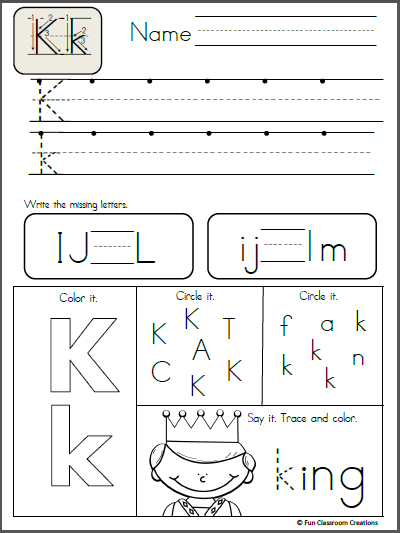 Cyril and his brother Methodius are often depicted in Bulgaria walking along the road with books in their hands. A torch raised high illuminates their path. They love this image in the Balkans. According to well-established folk ideas, Cyril and Methodius are two diamonds, two falcons, two pure lives. The lives and words of praise say that the Thessalonica brothers are "an eternal root, which is honest and popular."
Cyril and his brother Methodius are often depicted in Bulgaria walking along the road with books in their hands. A torch raised high illuminates their path. They love this image in the Balkans. According to well-established folk ideas, Cyril and Methodius are two diamonds, two falcons, two pure lives. The lives and words of praise say that the Thessalonica brothers are "an eternal root, which is honest and popular."
The Slavic alphabet is amazing and is still considered one of the most convenient writing systems. And the names of Cyril and Methodius, "the first teachers of Slovenia", became a symbol of spiritual achievement. And every person who studies the Russian language should know and keep in his memory the holy names of the first Slavic enlighteners - the brothers Cyril and Methodius.
The Slavic alphabet existed in Rus' unchanged for more than seven centuries. Its creators tried to make each letter of the first Russian alphabet simple and clear, easy to write.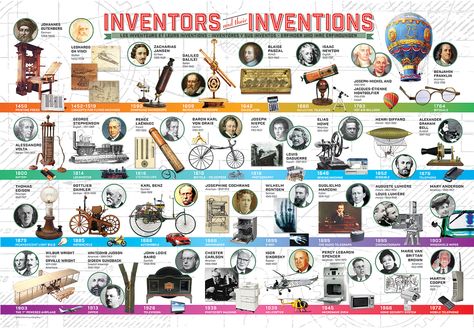 They also remembered that the letters should be beautiful, and that a person who barely saw them would immediately want to master the letter. There were 43 letters in the Slavic alphabet. Only under Peter I did the number of letters change, they became 36. Later, new letters were added to the alphabet (they were not in the Old Slavonic language) - Yo and Y.
They also remembered that the letters should be beautiful, and that a person who barely saw them would immediately want to master the letter. There were 43 letters in the Slavic alphabet. Only under Peter I did the number of letters change, they became 36. Later, new letters were added to the alphabet (they were not in the Old Slavonic language) - Yo and Y.
In 1918, the Russian language was reformed - the alphabet was simplified: 33 letters were left in it, which we all use to this day. The Slavic alphabet is a memory of a glorious history, a shrine and a treasure that must be protected and preserved. Today we touched the history of the past days and reminded you of the creators of the Cyrillic alphabet, thanks to which the Russian language appeared - beautiful and powerful.
Let's take care of the Russian language! From generation to generation, reverently, with love, pass on the great Russian word!
You can take a self-test after reading this material.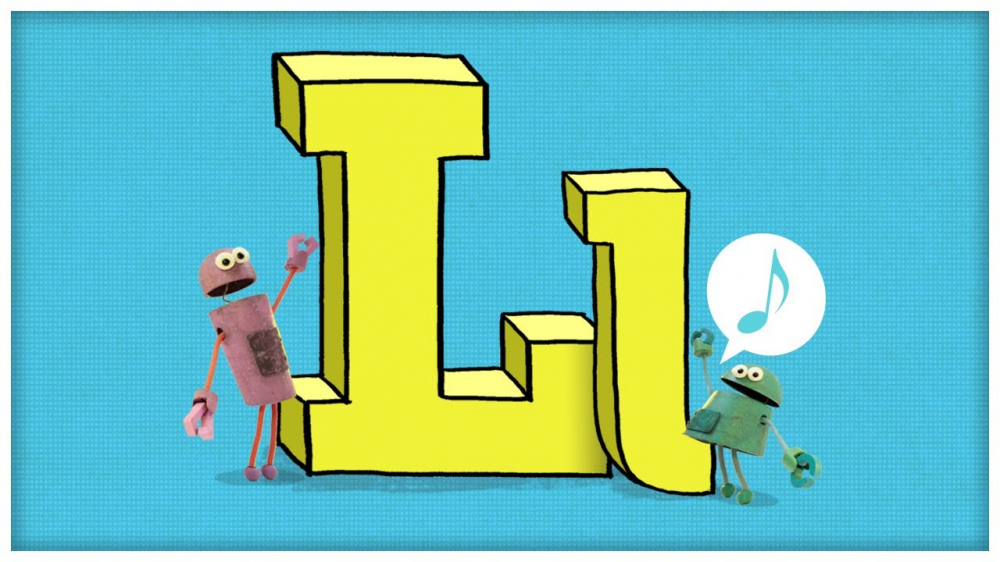 Try not to peep and answer the questions:
Try not to peep and answer the questions:
1. Who created the Slavic alphabet?
2. What year is considered the year of the emergence of Slavic writing and book publishing?
3. Why are Cyril and Methodius called "Brothers of Thessalonica"?
4. What was the name of Kirill before his monastic vows?
5. Who was the elder brother: Cyril or Methodius?
6. What professions did the brothers master?
7. What was Cyril called for his intelligence and diligence?
8. In whose reign did the Slavic alphabet consist of 36 letters?
9. How many letters were there in Cyrillic before Peter the Great?
10. How many letters are there in the modern alphabet?
11. What letters were invented for sounds that did not exist in the Old Church Slavonic language?
Karelian language — all the most interesting at PostNauka
Karelian language — Karjalan kieli
Karelian ethnic language
Uralic > Finno-Ugric > Baltic-Finnish > Northern > Karelian
Karelians mainly live in the Republic of Karelia and the Tver region, as well as in the Leningrad, Murmansk, Moscow, Arkhangelsk, Vologda regions of Russia and in Finland.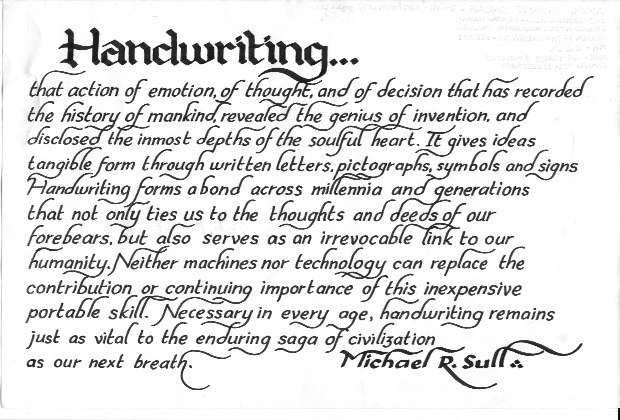 In 2010, out of 60,815 Russian Karelians, 25,605 people spoke their native language. Socio-demographic portrait of Russia: according to the results of the 2010 All-Russian Population Census
In 2010, out of 60,815 Russian Karelians, 25,605 people spoke their native language. Socio-demographic portrait of Russia: according to the results of the 2010 All-Russian Population Census
">3 The Karelian language does not have an official status in Karelia, but receives government support as the language of the titular ethnic group of the republic. Karelian is not taught, but in Karelia it is studied as a subject, and specialists in Karelian philology are trained at Petrozavodsk University. Language is under serious threat of extinction, its functional space is limited to the sphere of family communication, education, mass media, fiction
Modern Karelian alphabet
Tatyana Pashkova:
— What is characteristic of the entire Karelian language is its so-called melodiousness. For example, "opens" would be avuau . That is, imagine, the word consists of five letters, and only one of them is a consonant. Sometimes it is difficult to pronounce the word čiučoi (“sparrow”), although it is beautiful, I really like this word. It has diphthongs inside and at the end. It is they who give such melody to the language.
Sometimes it is difficult to pronounce the word čiučoi (“sparrow”), although it is beautiful, I really like this word. It has diphthongs inside and at the end. It is they who give such melody to the language.
Anna Mikhailovna Dobryakova (17.09.1948 - 12.10.2020)
Da, omašša pereheššä pagizima nagole karielakši, kaikinšubi karielakši i pagizima. Potomu što oldih karielattena kaikki roditel'at i buabot i kaikin karielat. I vobšče miän tämä randa oli kaikin karielazet. Oli sel’soveta, oli puoli oli, men’še … emämbi oli karielua, čem venakkuo sel’sovetašša. No myö i pagizima nagole karielakši, a konža školašša opaštuma, niin tuldih šielä venakot tuldih i myö tiälä mänimä. No jo konža školašša opaštuma, jo boleje-meneje, jo myö kaikki veniäläzekse olima, venakokši pagizima.
- A koissa?
- A koissa myö pagizima karielakši.
- Toizinke lapšinke kyläššä tože, kaikin karielazet olima.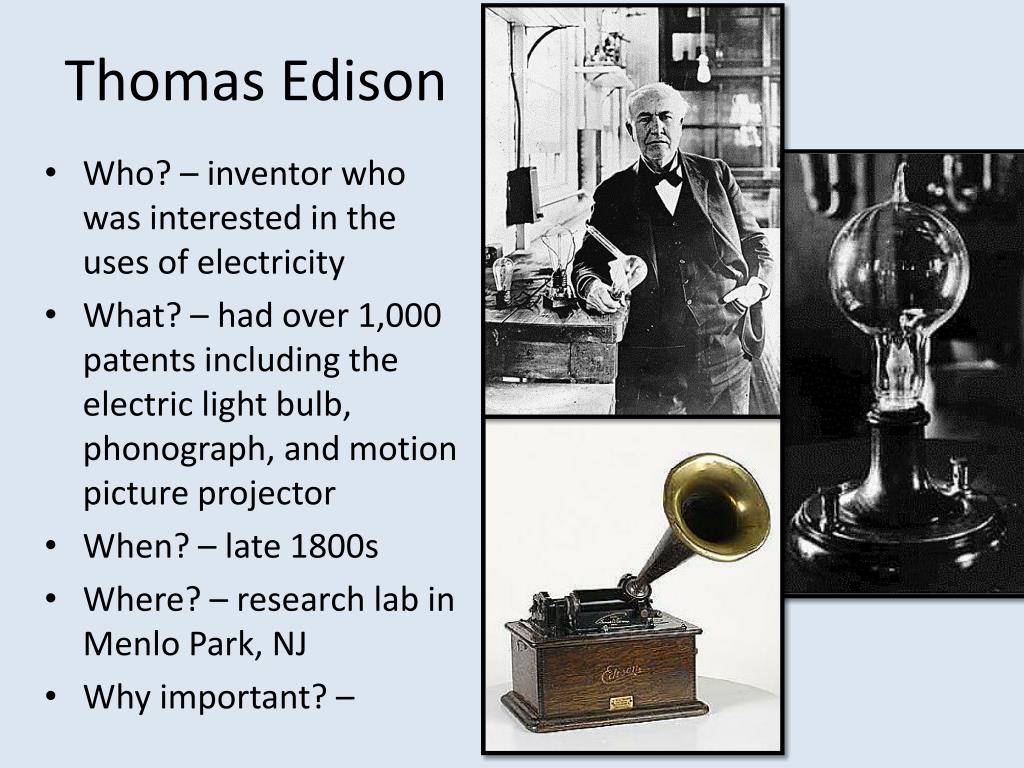 Daže oldih venakot meilä i vs’o ravno hyö karielakši opaššuttih, mienke paistih karielakši… Ka oli meilä direktora tämä … eto, Aleksandr Stepanovič oli Nečajevan oli. Oldih venakot hyö, pereh oli, vs’o ravno lapšet kaikin karielakši paistih, opaššuttih, konža meilä tänne tuldih i karielakši paistih.
Daže oldih venakot meilä i vs’o ravno hyö karielakši opaššuttih, mienke paistih karielakši… Ka oli meilä direktora tämä … eto, Aleksandr Stepanovič oli Nečajevan oli. Oldih venakot hyö, pereh oli, vs’o ravno lapšet kaikin karielakši paistih, opaššuttih, konža meilä tänne tuldih i karielakši paistih.
Mie daže muissan, konža miula… V pes’at tret’jem godu kuoli Stalin, myö čikonke, t’ota, t’otanke omanke, olima kylmänyttä juablokkua kaivoma, keräimmä jo pellošta, jo ves… Lumi oli šulannun. Tulima kodih, toimma šene, pezimä. Baballa evlun daže, evlun daže i jauhuo hyviä midä-lau… Mie nagole kaiken ijän duumaičin: “Ka kažvan, rubien nagole näidä babaškoida šyömäh!”.
— A kuin näidä paissetah?
- Niin ka tämä, kuin paissettih? Keräimmä kylmännyöt juablokat, hyö ynnäh männyöt ka kuin tahaš. Pezet. Tämä kaikki škura, ka tämä, nahka, kožuran heitätten šežen, ketun, značit, eto samoje. Kaikki šubi razomn'oš, ollou vähäzen maiduo pannah, evle niin vobšče vejen, vähäzen jauhuo, šuolua i kiuguašša riehtilällä paissettih še. I nagole šanou: "Parembua, vkusnoimbua babaškua evlun." A vielä, a tämä, a Nasto-baba paisto hiän… Nagole luadi koissa krahmalua, t’orkičči juablokkua. I ka hiän krahmala jättäy, a otžimkoista šenistä, otžimkoista hiän paisto tože babaškua. I mie nagole šanon: “Vkusnoimbua šestä evlun! Kazvan, rubien nagole juablokkababaškua paistamah.” Vot! Kanfetkua tože ylen evlun. No meilä Nasto-buabo oli ves'ma, kuin šanuo, hiän ves'ma šuačči što vunukkoida, a myö olima vanhemmat vunukat. Hiän toko kiuguan lämmittäy, kaikin pyyhkiy kiugualda tuhkattena. Tuou sv'oklua, ves'ma äijän kažvatti. Hiän sv'oklua tuou, panou kiuguah päiväkši. Sv'oklat paissutah. Illalla suau. Mie hänenke sv'oklat čistimä, kaikennävöstä figurkua leikkuamma, panou protvin'alla. Toissa piänä hiän šene kaikki kuivuau kiuguašša. I parembua šestä kanfetkua meilä evlun. Vot tak što kaikkeh rukah.
I nagole šanou: "Parembua, vkusnoimbua babaškua evlun." A vielä, a tämä, a Nasto-baba paisto hiän… Nagole luadi koissa krahmalua, t’orkičči juablokkua. I ka hiän krahmala jättäy, a otžimkoista šenistä, otžimkoista hiän paisto tože babaškua. I mie nagole šanon: “Vkusnoimbua šestä evlun! Kazvan, rubien nagole juablokkababaškua paistamah.” Vot! Kanfetkua tože ylen evlun. No meilä Nasto-buabo oli ves'ma, kuin šanuo, hiän ves'ma šuačči što vunukkoida, a myö olima vanhemmat vunukat. Hiän toko kiuguan lämmittäy, kaikin pyyhkiy kiugualda tuhkattena. Tuou sv'oklua, ves'ma äijän kažvatti. Hiän sv'oklua tuou, panou kiuguah päiväkši. Sv'oklat paissutah. Illalla suau. Mie hänenke sv'oklat čistimä, kaikennävöstä figurkua leikkuamma, panou protvin'alla. Toissa piänä hiän šene kaikki kuivuau kiuguašša. I parembua šestä kanfetkua meilä evlun. Vot tak što kaikkeh rukah.
No miän Nasto-buabo oli, vobšče hiän žemmuone… Händä kyläššä kaikin šuattih. Hiän, hiän vopervih, hiän oli hyvä kostoprava. No hiän perelomoida ei leččin, no hiän, jesli vivihat or midä oli, hiän hyvin lečči. Hänellyö kaikki okruga käveldih. I šidä, hiän kuin… Hiän vobšče oli žemmuone ristikanža… Šeizo hänellä šuuri, tämä, puine prosto. I häneh talvella jogo ildua kaikin kylä bitonazinke käveldih vuašua vaš. Hänellä… Hiän kažvatti ves’ma äijän ogurčua. Hänellä kladovkan alla šeizo tordo na tridcat’ dva vedra. Hiän heidä šuolai, ka ennein šuolai po četire vedra i šinne nagole pani. No hiän nikonža šeni ei kylmättän, ogurčoida. Jogo päiviä hiän, kiugua lämbei, hiän palavoitti kivie, šinne laški. Ogurčat nikonža ei kylmetty. I kaikki kylä jogo… käveldih hänen ogurčua vaššena. Hiän kaikkie kyliä obespečivaičči, kopitettih… Hiän jogo… v etom otnošenii…
Hänellyö kaikki okruga käveldih. I šidä, hiän kuin… Hiän vobšče oli žemmuone ristikanža… Šeizo hänellä šuuri, tämä, puine prosto. I häneh talvella jogo ildua kaikin kylä bitonazinke käveldih vuašua vaš. Hänellä… Hiän kažvatti ves’ma äijän ogurčua. Hänellä kladovkan alla šeizo tordo na tridcat’ dva vedra. Hiän heidä šuolai, ka ennein šuolai po četire vedra i šinne nagole pani. No hiän nikonža šeni ei kylmättän, ogurčoida. Jogo päiviä hiän, kiugua lämbei, hiän palavoitti kivie, šinne laški. Ogurčat nikonža ei kylmetty. I kaikki kylä jogo… käveldih hänen ogurčua vaššena. Hiän kaikkie kyliä obespečivaičči, kopitettih… Hiän jogo… v etom otnošenii…
Mie ves’ma hyvin muissuttin, što nagole, jesli myö ka keräyvymmä omattena kaikki, meidä vet’ on äijä, viijen keššä olemma. Keräyvymmä yhteh, niin nagole muisuttelemma baban i kanfetkoida, baban ogurčoida…
Šidä hyö zavedittih čolattena. Ka heilä oli, jesli toko baba šano: ”Tämpiän elgiä tulgua s utra!” Illalla lämmittäy kakši- kolmeved’ornoida samvaurua, pihalla šeizattau stolat, vain šanou: “Tuogua koista leibiä!” Evlun, oli jygie, leibiä evlun.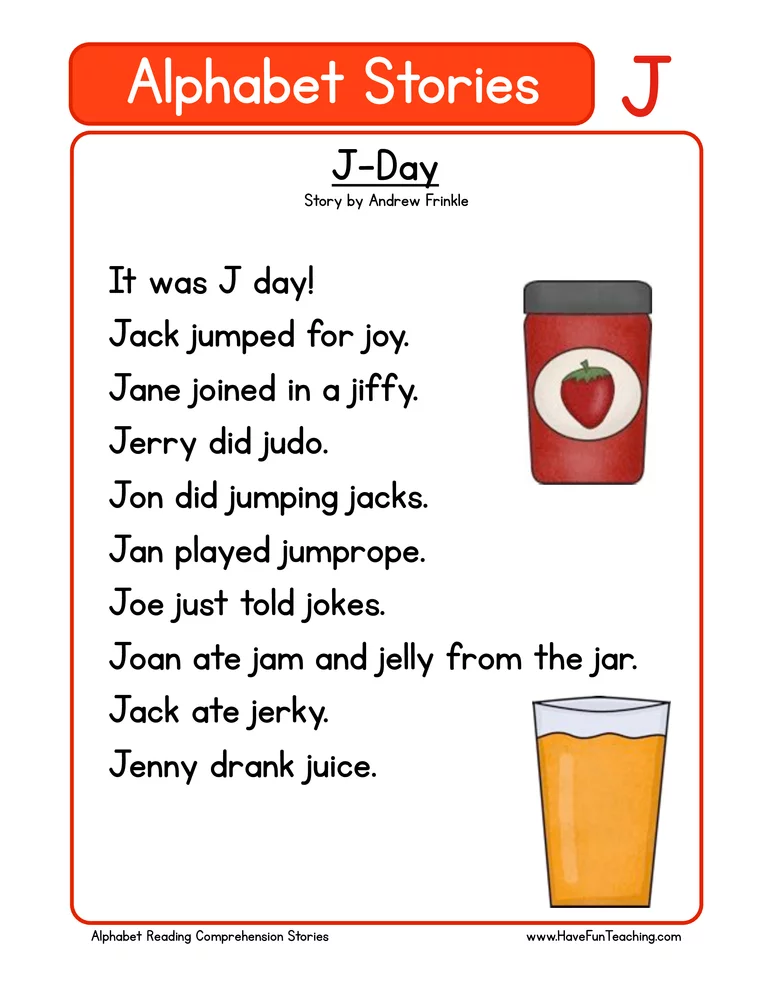 Niin ka hiän šeizattau i, značit, mettä šeizattau kaikkie, i v sotah, kaikennävöstä. I kaikki ken… I yksi ristikanža šiiričči ei proidin, štob hänen ei ugoščaidu, ob’azatel’no Kaikki lapšet, kaikki šubi keräi i kaikkie šyötti nagole, kaikki šubi.
Niin ka hiän šeizattau i, značit, mettä šeizattau kaikkie, i v sotah, kaikennävöstä. I kaikki ken… I yksi ristikanža šiiričči ei proidin, štob hänen ei ugoščaidu, ob’azatel’no Kaikki lapšet, kaikki šubi keräi i kaikkie šyötti nagole, kaikki šubi.
- When you were a child, about your family, as they used to say in Karelian...
- Yes, in their family they always spoke Karelian, everyone spoke Karelian. Because all parents and grandmothers were Karelians, and all Karelians. And in general, our this side were all Karelians. There was a village council, there was half, less ... there were more Karelians than Russians in the village council. But we always spoke Karelian, and when we studied at school, they came there, the Russians came, and we went here. But already when they studied at school, more or less, already everyone was in Russian, they spoke Russian.
— Was it possible to speak Karelian at school?
- They said that you need to speak Russian.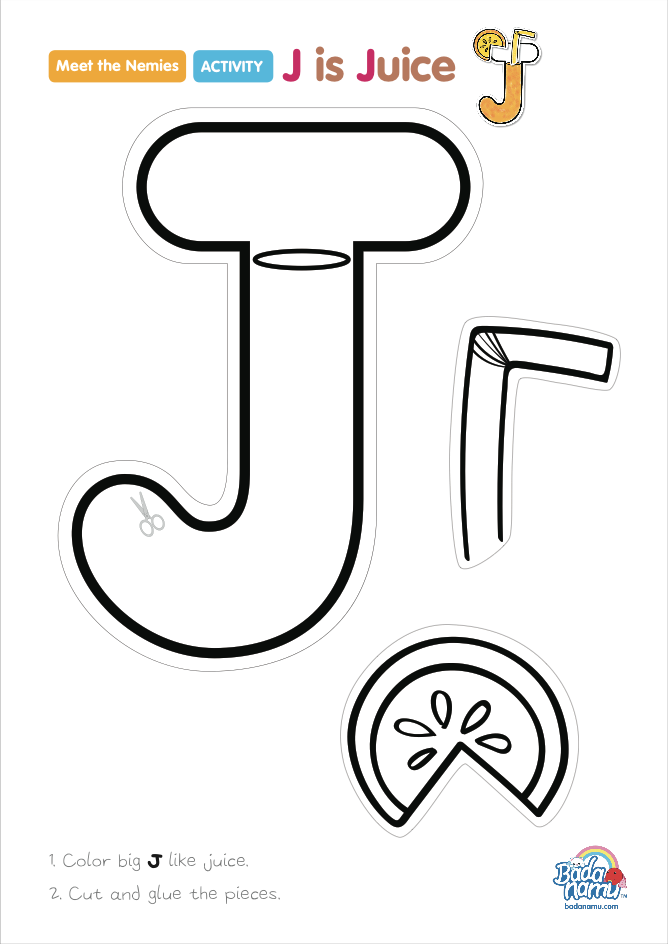
— And at home?
- And at home we spoke Karelian.
— What about other children in the village?
- With other children in the village, too, all were Karelians. We even had Russians, and still they learned Karelian, they spoke Karelian with us ... We had this director ... this, Alexander Stepanovich Nechaev was. They were Russians, they had a family, all the same, the children all spoke Karelian, they learned when they came to us here, and they spoke Karelian.
— What was life like in the village before?
— In the village at that time, of course, life was not good, because they also saw hunger. I even remember when I… Stalin died in 1953, my sister, my aunt, my aunt, and I were digging frozen potatoes, picking up already on the field, already weight… The snow had already melted. They came home, brought it. Washed. Grandmother didn’t even have good flour… And she fired up the stove and baked grandmothers out of these potatoes, out of frozen potatoes, out of frozen potatoes. All my life I always thought: “When I grow up, I will always eat these grandmothers.”
All my life I always thought: “When I grow up, I will always eat these grandmothers.”
— How are they baked?
— So this is how they bake? We collect frozen potatoes, it has already turned like a dough. Wash. This whole skin, this one, the skin, you take off this peel, the peel, a little flour, salt, and they baked it in a frying pan in the oven. And he always says: "There are no better, tastier grandmothers." And also, and this one, and Baba Nastya, she baked ... She always made starch at home, grated potatoes. And now she will leave the starch, and from those squeezes, from the squeezes, she also baked grandmothers. And I always say: “There is no tastier them! I will grow up, I will always bake potato grandmothers. Here!
There wasn't much candy either. But our grandmother Nastya was very, how to say, she loved her grandchildren very much, and we were the eldest grandchildren. She usually floods the stove, sweeps all the ashes out of the stove. She will bring beets, she grew a lot. She will bring beets, put them in the oven for a day. The candle will bake. Get it in the evening. I peeled beets with her, cut out all sorts of figures, put them on a baking sheet. The next day, she will dry it all in the oven. And we didn’t have better than these sweets. That's how it is anyway.
She will bring beets, put them in the oven for a day. The candle will bake. Get it in the evening. I peeled beets with her, cut out all sorts of figures, put them on a baking sheet. The next day, she will dry it all in the oven. And we didn’t have better than these sweets. That's how it is anyway.
But our grandmother Nastya was, in general, she was like that ... Everyone in the village loved her. She, she, first of all, she was a good chiropractor. But she didn’t treat fractures, if there were dislocations or something, she treated well. The whole district went to her. And then, she's like... She was such a person in general... She, for example, if she makes beer first, after beer she makes kvass. She had a big, this one, just a barrel. And every evening in winter, the whole village with cans went to her for kvass.
She… She grew a lot of cucumbers. Under her pantry was a tub for thirty-two buckets. She used to salt them, before she used to salt four buckets and always put them there.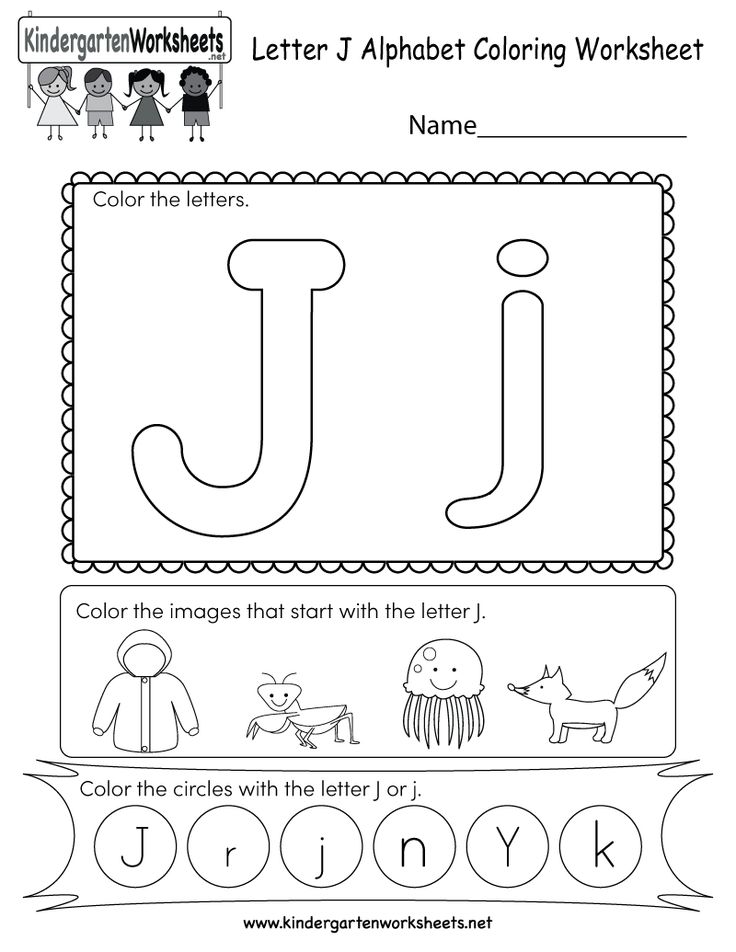 But she never froze them, cucumbers. Every day she, the stove is heated, she heated the stones, lowered them there. Cucumbers never freeze. And the whole village, everyone... went for her cucumbers. She provided for the whole village, they went ... She everyone ... in this respect ... I remember very well that always, if we all gather here, there are many of us, five of us. We get together, so we always remember grandmother's and sweets, grandmother's cucumbers ...
But she never froze them, cucumbers. Every day she, the stove is heated, she heated the stones, lowered them there. Cucumbers never freeze. And the whole village, everyone... went for her cucumbers. She provided for the whole village, they went ... She everyone ... in this respect ... I remember very well that always, if we all gather here, there are many of us, five of us. We get together, so we always remember grandmother's and sweets, grandmother's cucumbers ...
Then they got bees. Here they had it, if usually the grandmother says: “Don’t come in the morning today!” In the evening, he will flood a two- or three-bucket samovar, set up tables on the street, and only say: “Bring bread from home!” It was not, it was difficult, there was no bread. So she will supply and, therefore, will supply any honey, and in honeycombs, any. And everyone... And not a single person passed by without being treated, of course. She collected all the children, all of them and fed them all the time, all of them.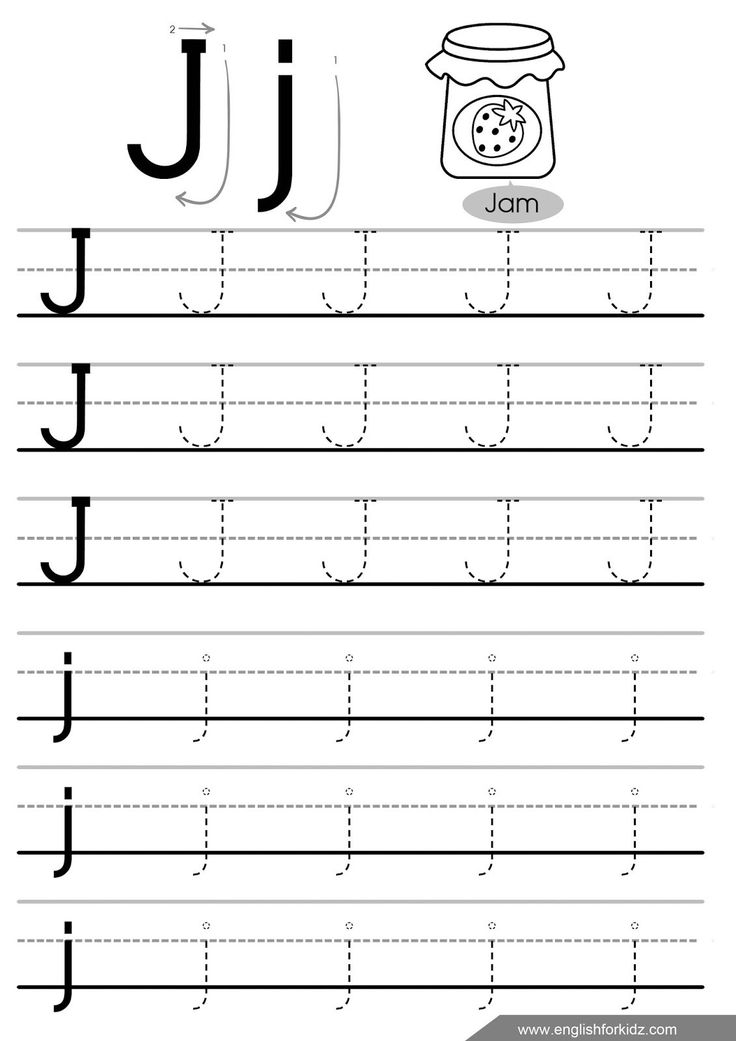 100
100
Irina Novak:
- Even my grandmother, who spoke Russian very poorly, said in Russian “He came” or “She came”, and until now in Karelian villages you can meet Karelians for whom Karelian is their native language, and Russian is all yet learned, and this Russian category of gender never settled in their heads.
Tatyana Pashkova:
— The syntax of the Karelian language is still poorly understood. Now my colleague and I have turned to this topic and we want to strengthen it. Of course, there are published teaching aids and textbooks, but they are still written more so that it is clear how to speak, namely, to understand why this happens in the language? Why did the Karelians borrow conjunctions from the Russian language? Such moments in the Karelian language require their study and comparison with others - both with Russian and with the Vepsian language.
Guesses at the end! (Hint: all the clues can be found in the hut.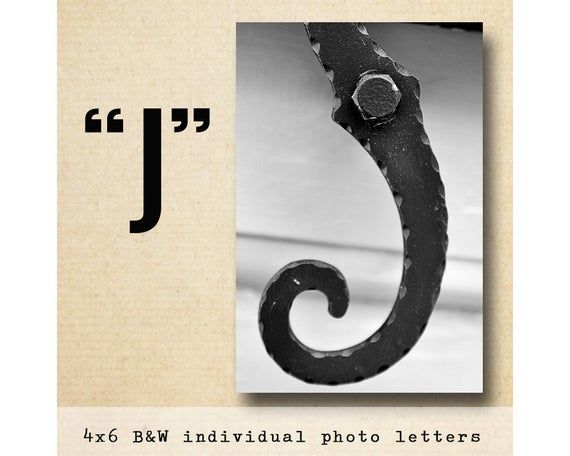 )
)
1. Mečässä kasvau, seinässä seisou - “Grows in the forest, stands in the wall”
2. Pellot s’oklaset, ojat puiset - “Glass fields, wooden borders”
3. Pieni mies pilleröini kaikki helmat kaččelou — “The little peasant will review all hems”
4. Kun ruvetah syömäh, niin puetah; kun heitetäh, niin riisutah - "They start eating - they dress, they finish - they undress"
5. Hyppiy-koppiu ta yhteh čuppuh čurvistuu - “Jumps and jumps and sits down in one corner”
Irina Novak:
- Some, starting to learn the language, masterfully use this system and, not knowing the Karelian word, use Russian perfectly. For example, yesterday my son took a tangerine from me and says: "I know how to say this in Karelian: mándariina ". He shifted the stress to the first syllable, lengthened the stressed vowel of the Russian word, and added a vowel at the end. I say: "Well, that's right, you have already mastered the features of changing words in order to use them further in Karelian.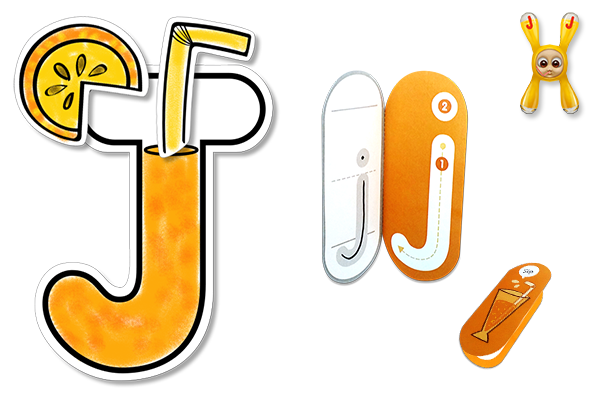 "
"
Svetlana Nagurnaya:
— Lexicographic publications are extremely in demand in modern life. We quite often went on expeditions, collecting information on the language situation, on the knowledge and functioning of the Karelian language: where, in what areas it is used. And we were constantly asked: “When will dictionaries appear?” When they appeared, they asked: “When will they be re-released?” Because now it is really the most demanded publications.
Andrian Vlahov:
- We were in the village of Pryazha, where a fairly large number of Karelians still live. We leave the ethno-cultural center, and a young mother with children in a stroller walks past us and shouts at the children in Karelian, educates. Here is a living use of the language. For the sake of objectivity, I will still say that such stories are the exception rather than the rule.
Andrian Vlahov:
- My observation and my opinion is that the issue of the survival of the Karelian language itself and Karelian culture is more acute and urgent than the issue of distinguishing between dialects. Of course, some desire to become completely independent goes against this trend, hindering efforts to revive the language. There are no all-Karelian revitalization projects, there are fragmented local things.
Of course, some desire to become completely independent goes against this trend, hindering efforts to revive the language. There are no all-Karelian revitalization projects, there are fragmented local things.
Svetlana Nagurnaya:
— You know what amazes me? I saw with my own eyes these tiny birch bark letters, where the first Karelian words are recorded. And now - look at the same VKontakte, there are many groups created in Karelian and using Karelian. And they are very popular. Very active. Karaoke in Karelian, rap in Karelian - what you won't see there! Therefore, for me, this is probably the most surprising thing - that the Karelian language and Karelian writing have gone such a historical path from birch bark letters to the language of the Internet.
Your browser does not support the audio element.
Timur Kopyrin:
Mina elän Petroskois. Se on Karjalan tazavallan piälunnu. Tänävuon Petroskoi on kolmesadua seiččeitoistu vuottu, a Karjalan tazavaldu on sada vuottu. Oma linnu on ylen coma. Se on kaikis suurin linnu tazavallas. Täs eletäh kaksisadua yheksakymmen kaksi tuhanzii hengie. Petroskois on vähä karjalaizet, sentäh täs vaigieh kuulta karjalan kieli. Sanotah, što linnas rahvas on buuriško da juro, ga tozissäh se on ei oigieh. Petroskois puaksuh on pilvežy, da myö nähtämmo päiväine vaiku kezäl, ga myö emmo ole pahas mieles. Linnas on äijy mašinoi da avtoubussoi. Myö olemmo äijy laukkoi, syöndykohtii, školii, bol’niččoi, kinozualoi da hoteloi linnas. Minä suvaičen eliä Petroskois, sikse se on kaunis da ylen hyvä linnu. Minä uskuon, što minun roindolinnu roih ihastuttua sijallizen rahvas da oma ad'voloi.
Tänävuon Petroskoi on kolmesadua seiččeitoistu vuottu, a Karjalan tazavaldu on sada vuottu. Oma linnu on ylen coma. Se on kaikis suurin linnu tazavallas. Täs eletäh kaksisadua yheksakymmen kaksi tuhanzii hengie. Petroskois on vähä karjalaizet, sentäh täs vaigieh kuulta karjalan kieli. Sanotah, što linnas rahvas on buuriško da juro, ga tozissäh se on ei oigieh. Petroskois puaksuh on pilvežy, da myö nähtämmo päiväine vaiku kezäl, ga myö emmo ole pahas mieles. Linnas on äijy mašinoi da avtoubussoi. Myö olemmo äijy laukkoi, syöndykohtii, školii, bol’niččoi, kinozualoi da hoteloi linnas. Minä suvaičen eliä Petroskois, sikse se on kaunis da ylen hyvä linnu. Minä uskuon, što minun roindolinnu roih ihastuttua sijallizen rahvas da oma ad'voloi.
I live in Petrozavodsk. It is the capital of the Republic of Karelia. This year, Petrozavodsk is 317 years old, and the Republic of Karelia is 100 years old. Our city is very beautiful. This is the largest city in Karelia. 292 thousand people live here.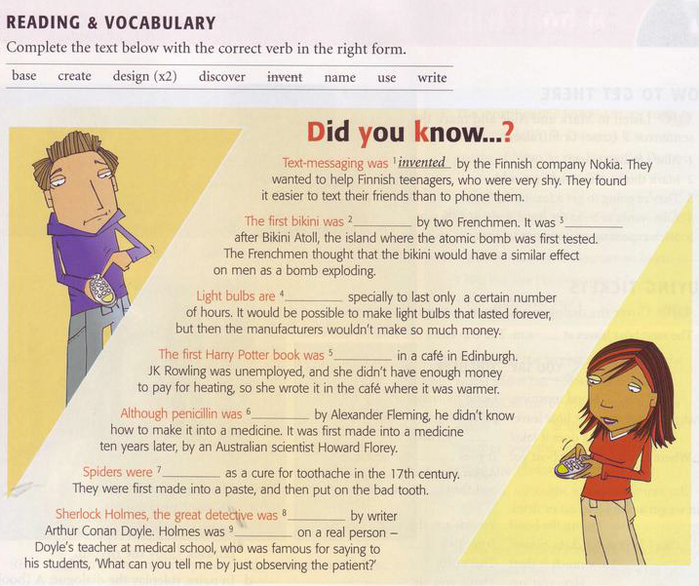
Learn more



